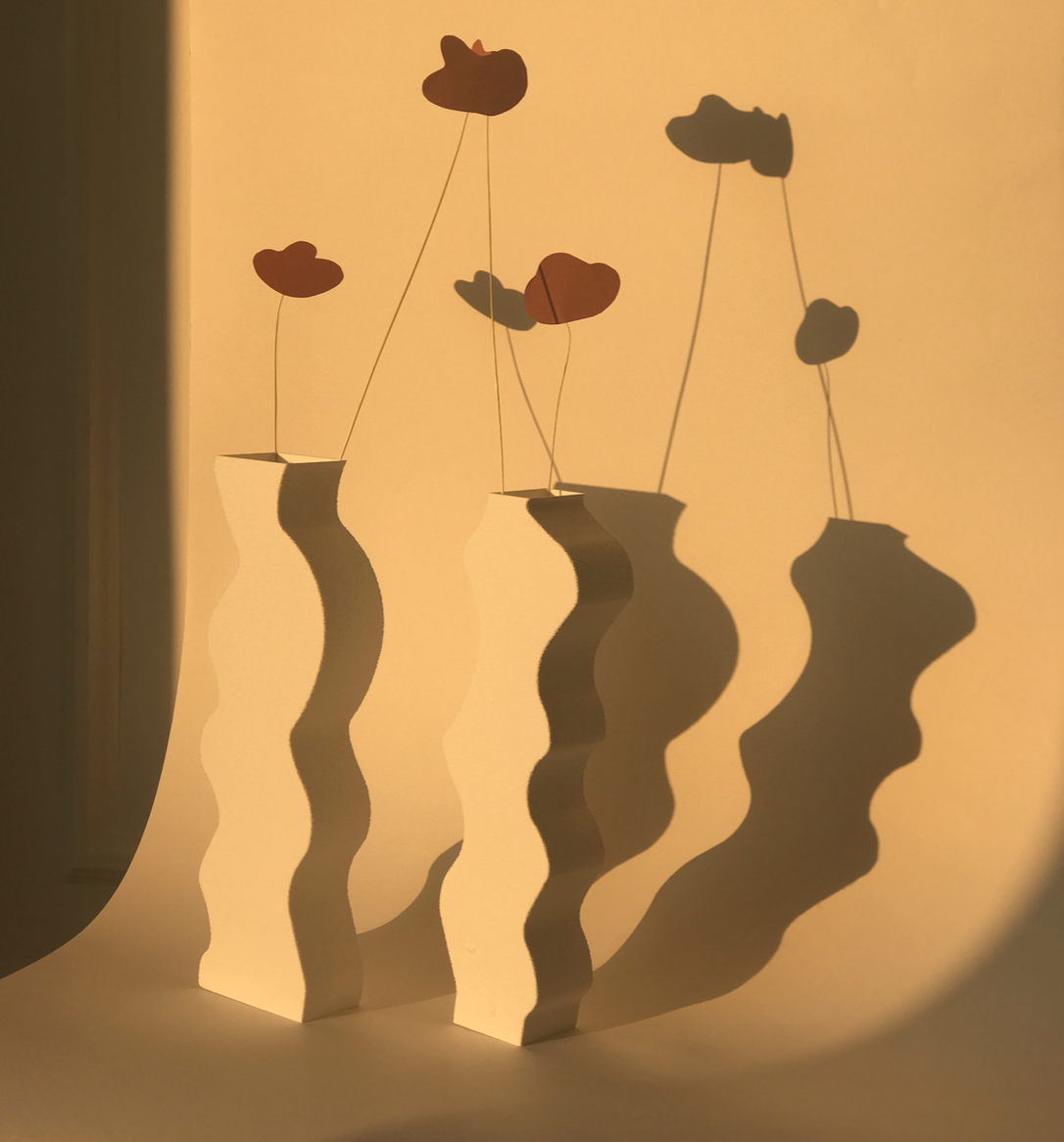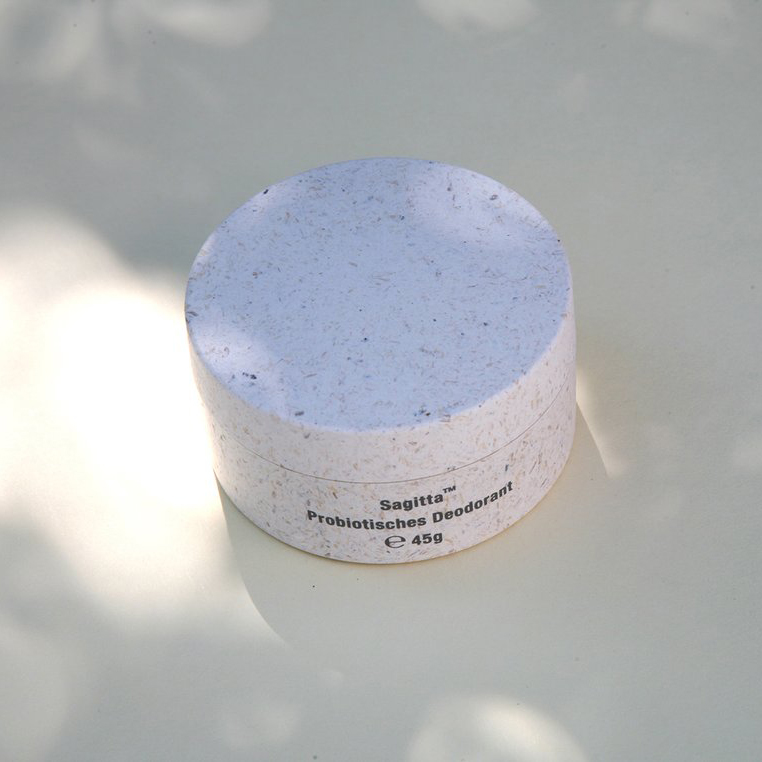Mother the mountain
@motherthemountain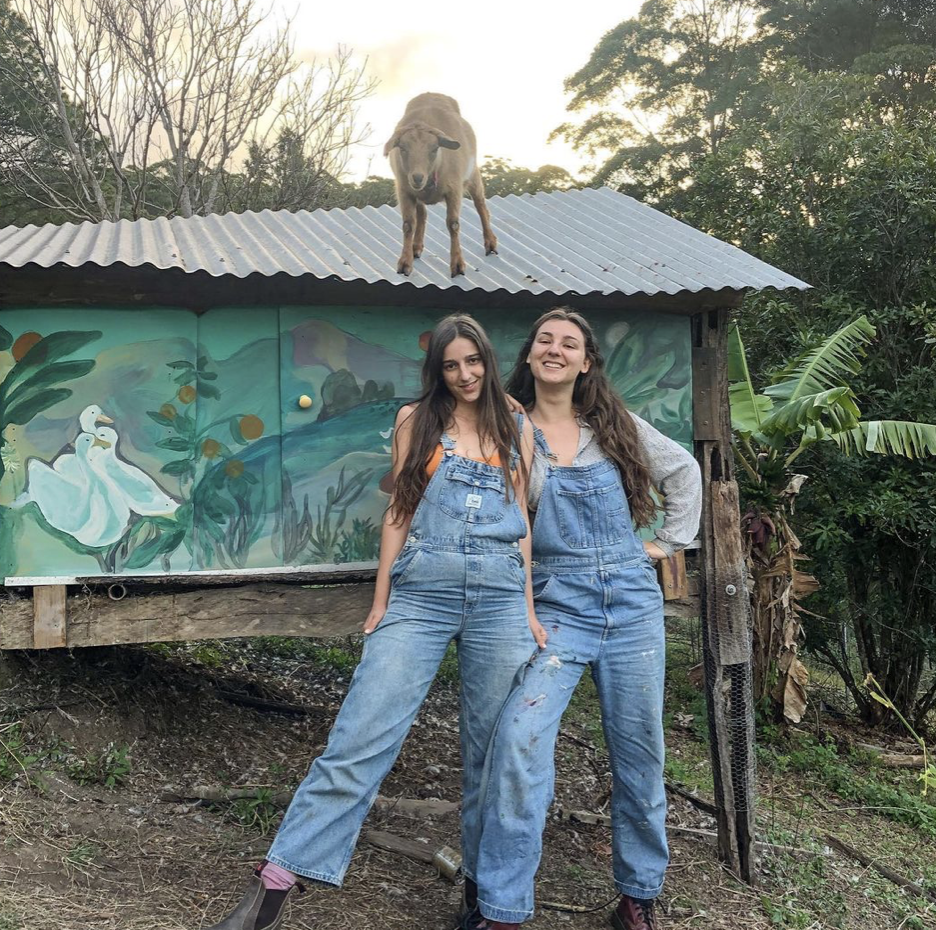
Julia Vanderbyl is an artist who paints from her rainforest studio on the East Coast of Australia. Her paintings hover between figuration and abstraction — forming emotional, interior worlds that echo the exterior of her surroundings.
Anastasia Vanderbyl is a fashion student whose designs focus on the intersections of art and utility. Her designs deconstruct the medium of fashion by manipulating recycled materials to create works of art. In each of her pieces she honours the stories that are held in the found objects they are created from.
Both sisters are also regenerative farmers, and carers for the animals and land. They live, grow and create on the unceded land of the Arakwal people, and follow an ideology of caring, repairing and restoring the land for generations to come.
Morning routine:
Julia: I try to wake with the sun (sometimes this works out, sometimes it doesn’t!) I go for a skinny-dip in the lake early, when no-one else is up. Then, I move the sheep — greeting each of them with so many cuddles. I let sweet Moth and Magnolia the goats out of their pen and walk them to their field for the day. Then, return home for a breakfast with Mum and Anastasia — this breakfast ritual with the three of us is so special and is never missed!
Anastasia: The ducks wake me up by quacking as loud as they can so I always start my day with letting them out of their night pens and then of course giving them a lot of cuddles. But it’s nice to be awake at this time, with the birdsong starting and seeing the first shadows form.
How you stay productive:
Julia: My relationship with productivity has shifted so much since living here — on the land. While caring for endless animals, fruit trees, and gardens means that there is always something that needs doing, it has mostly taught me the importance of pausing, sitting under a tree in the shade.
Anastasia:Staying productive can be hard. Sometimes I’ll sew 8 dresses in a week and sometimes I’ll get stuck, questioning the basis of fashion and if it can ever be ethical. In these patches I like to distract myself with other projects like building a treehouse, bushwalking or raising ducks.
Self care tips:
Julia: I probably need to listen to my own advice here — I have ME/CFS so some days my body just lets me down. When this happens, I need to learn to be gentle with myself, give myself the room to rest and recover, and fill myself with food that makes me feel good. Mostly, I need to learn that it’s okay to do absolutely nothing.
Anastasia: Pat something fluffy!
Your most recent work:
Julia:My most recent painting is of my love. I often paint men; usually nude, and always vulnerable. This painting is huge and it fills a whole wall — in it, I painted Finn in the midst of a questioning of identity. He is someone who I am privileged to see behind the shield of masculinity, beyond the cultural norms that preclude his vulnerability.
Anastasia: I recently designed and made a piece from an old hand embroidered tablecloth. It had become unloved, stained and had holes but was so beautiful and held so many personal histories. As I reworked it, I kept thinking of the long line of craftswomen before me and all these individual stories being brought together through the layers of stitching.
Send a picture of your workplace:
Julia:
![]()
Anastasia:
![]()
Your creative process:
Julia: Sometimes I mull over a painting or concept for months or even years before I begin, sometimes I see a landscape and need to paint it straight away. I am always drawing my colours and inspiration from the landscape that I am in. For big pieces, I paint on unstretched canvas — I have so many rolls of paintings filling my studio. I sketch, make an underpainting, then slowly fill it with detail and colour. I always work outwards from the eyes, like patchwork.
Anastasia: I feel like my creative process in recycled designing is similar to our regenerative farming processes here. In both fields, it is so important to consider the previous stories of the land or fabric, adjusting and forming the practice around them. Continuing stories rather than rewriting them.
A day Living with chronic illness and invisible disabilities
Julia: What’s most significant is that I can never rely on my body to take me where I need to go — for this reason, making commitments is so hard. But, this has also taught me to live each day as it comes; sometimes I’ll have the energy to make huge paintings and dig in the garden and chase sheep, and sometimes I won’t be able to get out of bed. Being invisibly disabled is different, it’s hard for people to understand my needs when my body looks young and healthy. When I lived in the city I would be abused for not giving up my seat on public transport, I guess we all need to realise that everyone has something hidden going on, and being gentle is so important.
People that inspire you:
Julia: What’s so cool is that Instagram has allowed us to connect with this whole community of young, regenerative farmers from around the world — people (like us) who have had the privilege to dismiss most forms of capitalism, and live in the country, and grow food. This inspires me beyond words.
For artists, there is Maja Ruznic, Guglielmo Castelli, Yumna Al-Arashi, Dorothea Tanning’s later works, Munch (of course!), Käthe Kollwitz…
Anastasia: I am so inspired by new designers working with recycled materials. Duran Lantink is incredible, merging deadstock fabrics with archival or sale pieces, criticising overconsumption. Priya Ahluwalia shocks me with every piece, she reimagines patchwork and up-cycling in the coolest way.
Any tips for people who would like to live more self-sustainably?
Julia: We are so privileged to have the space and safety to work towards our goal of self-sustainability. We are also so excited by the farming renaissance that is occurring, how people — in these turbulent times — feel that they can no longer rely on the unsustainable food systems that are in place. There are so many inspiring people filling backyards and balconies and footpaths with food! Even with the smallest space, there is so much that can be grown!
Anastasia: I guess self sustainability looks so different for everyone! I think that a big problem with the ethos of self sufficiency is that you have to be perfect. We have the huge privilege of living on land where we are able to do so much (but are still nowhere near being completely self-sufficient off the land). But I’m so impressed with people that grow their own herbs in their kitchen windows or city balconies or have backyard chickens or shop at local markets! But again it all comes back to privilege and accessibility.
Movie :
Julia: Two movies that come to mind are In My Blood It Runs and Portrait of a Lady on Fire
![]()
![]()
Anastasia: Captain Fantastic is one of my all time favourites, it gives me so many warm feelings for a wild childhood in the hills. Sweet Country is incredible and important, every single image is haunting and beautiful.
![]()
Music:
Julia: My favourite genre for painting is psych folk (love Kikagaku Moyo and Altın Gün) and honestly Magnolia Electric Co. is my go to for sad / beautiful studio music.
Anastasia: At the moment “Tropical Fuck Storm” are my favourite chaotic sounds to get me right through the lulls of pattern making to the intensity of sewing pin tucks.
Books:
Julia: The last book that I read that was life changing for me was Dark Emu by Bruce Pascoe — it is so important to acknowledge, when talking about regenerative agriculture, that the systems we use are based on Indigenous knowledge, and that we exist upon stolen land. Fire Country by Victor Steffensen, Utopia For Realists by Rutger Bregman. The Shepherd’s Hut by Tim Winton.
![]()
![]()
![]()
![]()
Anastasia: Art books are my go to. I’m always trying to design from the perspective of an artist so I’m constantly referencing Gauguin for colour, Enzo Cucchi for textures and Mucha for balance and shape.
Podcast:
Julia: The Great Women Artists
![]()
Anastasia: I'm always shifting around and listening to totally different genres. Recently I listened to S-Town in 2 days haha
![]()
Clothing brand:
Julia: Anything Anastasia makes for me!
Anastasia: Op shopped/Thrifted! There's also a lot of cool people doing amazing things, but greenwashing is scary and I get taken in sometimes. I have to remind myself that while many brands are better than others, the act of consumption just isn’t ethical. Supporting small, artisanal creatives is always the way to go (if possible).
Jewellery :
Julia: Elena Elias’ woven stories and jewels are hard to beat.
Anastasia: Elena Elias!!!
Anastasia Vanderbyl is a fashion student whose designs focus on the intersections of art and utility. Her designs deconstruct the medium of fashion by manipulating recycled materials to create works of art. In each of her pieces she honours the stories that are held in the found objects they are created from.
Both sisters are also regenerative farmers, and carers for the animals and land. They live, grow and create on the unceded land of the Arakwal people, and follow an ideology of caring, repairing and restoring the land for generations to come.
Morning routine:
Julia: I try to wake with the sun (sometimes this works out, sometimes it doesn’t!) I go for a skinny-dip in the lake early, when no-one else is up. Then, I move the sheep — greeting each of them with so many cuddles. I let sweet Moth and Magnolia the goats out of their pen and walk them to their field for the day. Then, return home for a breakfast with Mum and Anastasia — this breakfast ritual with the three of us is so special and is never missed!
Anastasia: The ducks wake me up by quacking as loud as they can so I always start my day with letting them out of their night pens and then of course giving them a lot of cuddles. But it’s nice to be awake at this time, with the birdsong starting and seeing the first shadows form.
How you stay productive:
Julia: My relationship with productivity has shifted so much since living here — on the land. While caring for endless animals, fruit trees, and gardens means that there is always something that needs doing, it has mostly taught me the importance of pausing, sitting under a tree in the shade.
Anastasia:Staying productive can be hard. Sometimes I’ll sew 8 dresses in a week and sometimes I’ll get stuck, questioning the basis of fashion and if it can ever be ethical. In these patches I like to distract myself with other projects like building a treehouse, bushwalking or raising ducks.
Self care tips:
Julia: I probably need to listen to my own advice here — I have ME/CFS so some days my body just lets me down. When this happens, I need to learn to be gentle with myself, give myself the room to rest and recover, and fill myself with food that makes me feel good. Mostly, I need to learn that it’s okay to do absolutely nothing.
Anastasia: Pat something fluffy!
Your most recent work:
Julia:My most recent painting is of my love. I often paint men; usually nude, and always vulnerable. This painting is huge and it fills a whole wall — in it, I painted Finn in the midst of a questioning of identity. He is someone who I am privileged to see behind the shield of masculinity, beyond the cultural norms that preclude his vulnerability.
Anastasia: I recently designed and made a piece from an old hand embroidered tablecloth. It had become unloved, stained and had holes but was so beautiful and held so many personal histories. As I reworked it, I kept thinking of the long line of craftswomen before me and all these individual stories being brought together through the layers of stitching.
Send a picture of your workplace:
Julia:
Anastasia:
Your creative process:
Julia: Sometimes I mull over a painting or concept for months or even years before I begin, sometimes I see a landscape and need to paint it straight away. I am always drawing my colours and inspiration from the landscape that I am in. For big pieces, I paint on unstretched canvas — I have so many rolls of paintings filling my studio. I sketch, make an underpainting, then slowly fill it with detail and colour. I always work outwards from the eyes, like patchwork.
Anastasia: I feel like my creative process in recycled designing is similar to our regenerative farming processes here. In both fields, it is so important to consider the previous stories of the land or fabric, adjusting and forming the practice around them. Continuing stories rather than rewriting them.
A day Living with chronic illness and invisible disabilities
Julia: What’s most significant is that I can never rely on my body to take me where I need to go — for this reason, making commitments is so hard. But, this has also taught me to live each day as it comes; sometimes I’ll have the energy to make huge paintings and dig in the garden and chase sheep, and sometimes I won’t be able to get out of bed. Being invisibly disabled is different, it’s hard for people to understand my needs when my body looks young and healthy. When I lived in the city I would be abused for not giving up my seat on public transport, I guess we all need to realise that everyone has something hidden going on, and being gentle is so important.
People that inspire you:
Julia: What’s so cool is that Instagram has allowed us to connect with this whole community of young, regenerative farmers from around the world — people (like us) who have had the privilege to dismiss most forms of capitalism, and live in the country, and grow food. This inspires me beyond words.
For artists, there is Maja Ruznic, Guglielmo Castelli, Yumna Al-Arashi, Dorothea Tanning’s later works, Munch (of course!), Käthe Kollwitz…
Anastasia: I am so inspired by new designers working with recycled materials. Duran Lantink is incredible, merging deadstock fabrics with archival or sale pieces, criticising overconsumption. Priya Ahluwalia shocks me with every piece, she reimagines patchwork and up-cycling in the coolest way.
Any tips for people who would like to live more self-sustainably?
Julia: We are so privileged to have the space and safety to work towards our goal of self-sustainability. We are also so excited by the farming renaissance that is occurring, how people — in these turbulent times — feel that they can no longer rely on the unsustainable food systems that are in place. There are so many inspiring people filling backyards and balconies and footpaths with food! Even with the smallest space, there is so much that can be grown!
Anastasia: I guess self sustainability looks so different for everyone! I think that a big problem with the ethos of self sufficiency is that you have to be perfect. We have the huge privilege of living on land where we are able to do so much (but are still nowhere near being completely self-sufficient off the land). But I’m so impressed with people that grow their own herbs in their kitchen windows or city balconies or have backyard chickens or shop at local markets! But again it all comes back to privilege and accessibility.
Movie :
Julia: Two movies that come to mind are In My Blood It Runs and Portrait of a Lady on Fire
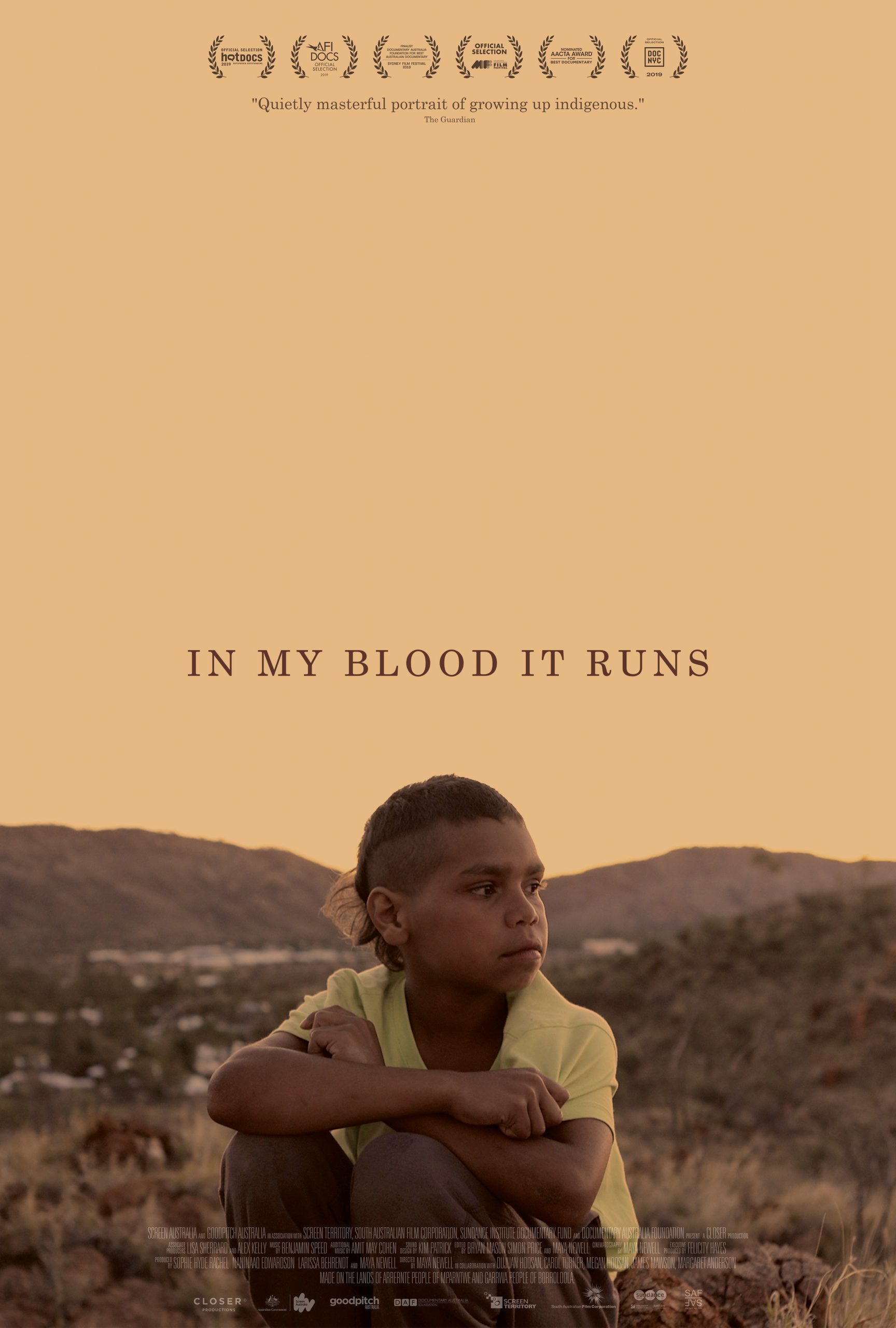

Anastasia: Captain Fantastic is one of my all time favourites, it gives me so many warm feelings for a wild childhood in the hills. Sweet Country is incredible and important, every single image is haunting and beautiful.

Music:
Julia: My favourite genre for painting is psych folk (love Kikagaku Moyo and Altın Gün) and honestly Magnolia Electric Co. is my go to for sad / beautiful studio music.
Anastasia: At the moment “Tropical Fuck Storm” are my favourite chaotic sounds to get me right through the lulls of pattern making to the intensity of sewing pin tucks.
Books:
Julia: The last book that I read that was life changing for me was Dark Emu by Bruce Pascoe — it is so important to acknowledge, when talking about regenerative agriculture, that the systems we use are based on Indigenous knowledge, and that we exist upon stolen land. Fire Country by Victor Steffensen, Utopia For Realists by Rutger Bregman. The Shepherd’s Hut by Tim Winton.
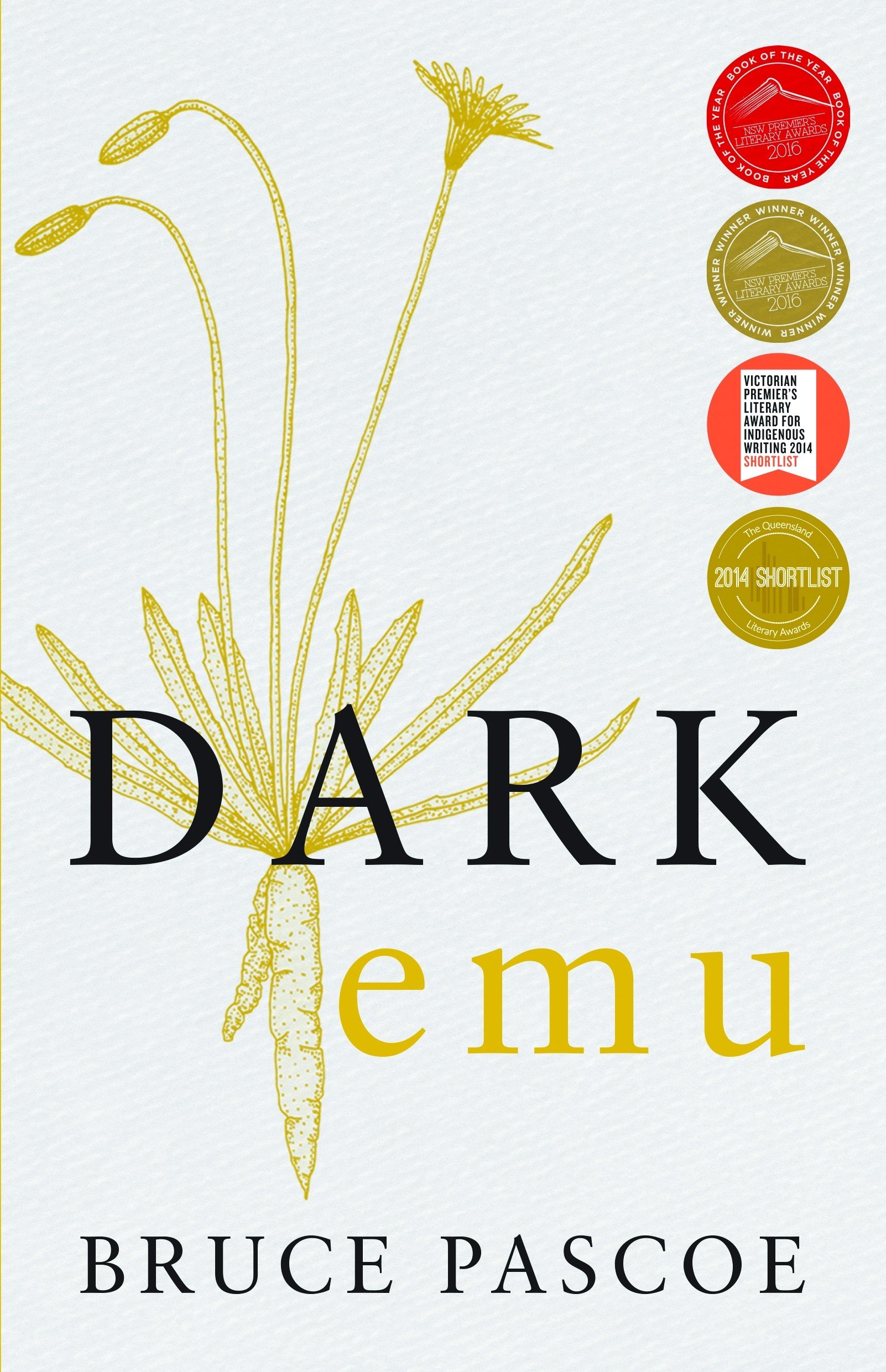


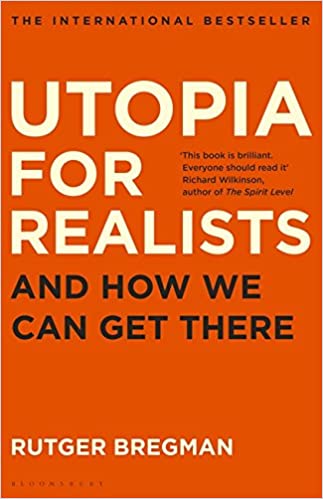
Anastasia: Art books are my go to. I’m always trying to design from the perspective of an artist so I’m constantly referencing Gauguin for colour, Enzo Cucchi for textures and Mucha for balance and shape.
Podcast:
Julia: The Great Women Artists
Anastasia: I'm always shifting around and listening to totally different genres. Recently I listened to S-Town in 2 days haha

Clothing brand:
Julia: Anything Anastasia makes for me!
Anastasia: Op shopped/Thrifted! There's also a lot of cool people doing amazing things, but greenwashing is scary and I get taken in sometimes. I have to remind myself that while many brands are better than others, the act of consumption just isn’t ethical. Supporting small, artisanal creatives is always the way to go (if possible).
Jewellery :
Julia: Elena Elias’ woven stories and jewels are hard to beat.
Anastasia: Elena Elias!!!
Thank you for reading <3
**Due to the current COVID-19 situation many can not offer standard shipping,
we ask everyone to be patient and now more then ever continue suporting small businesses and Artists.
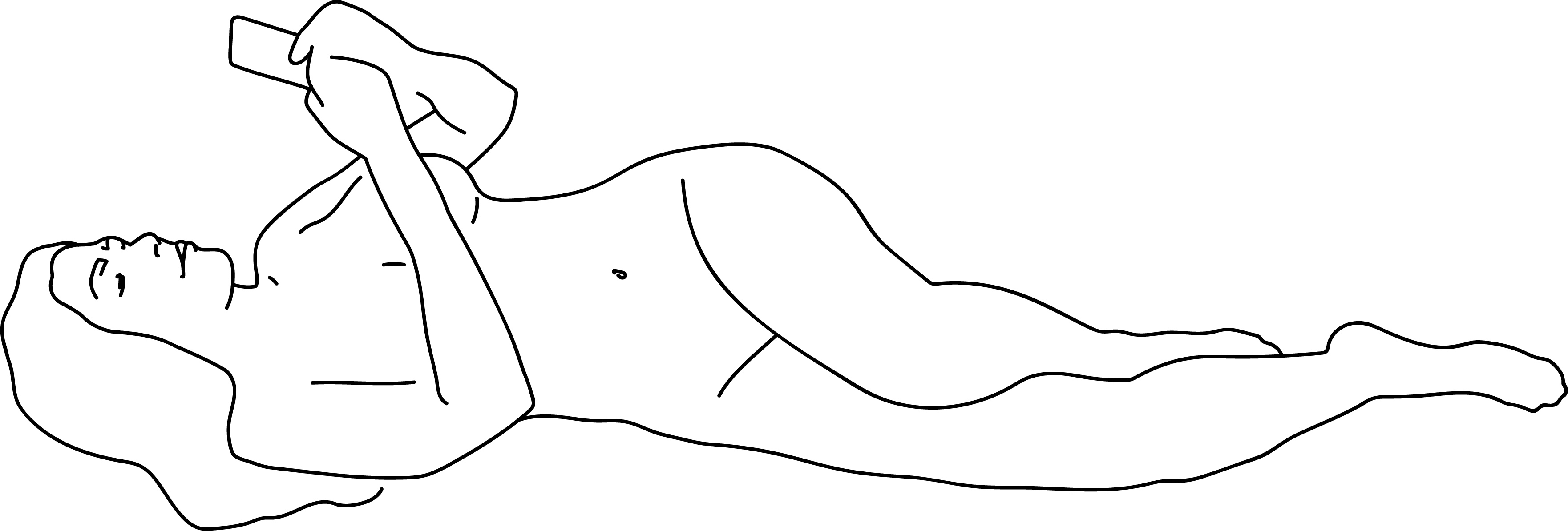
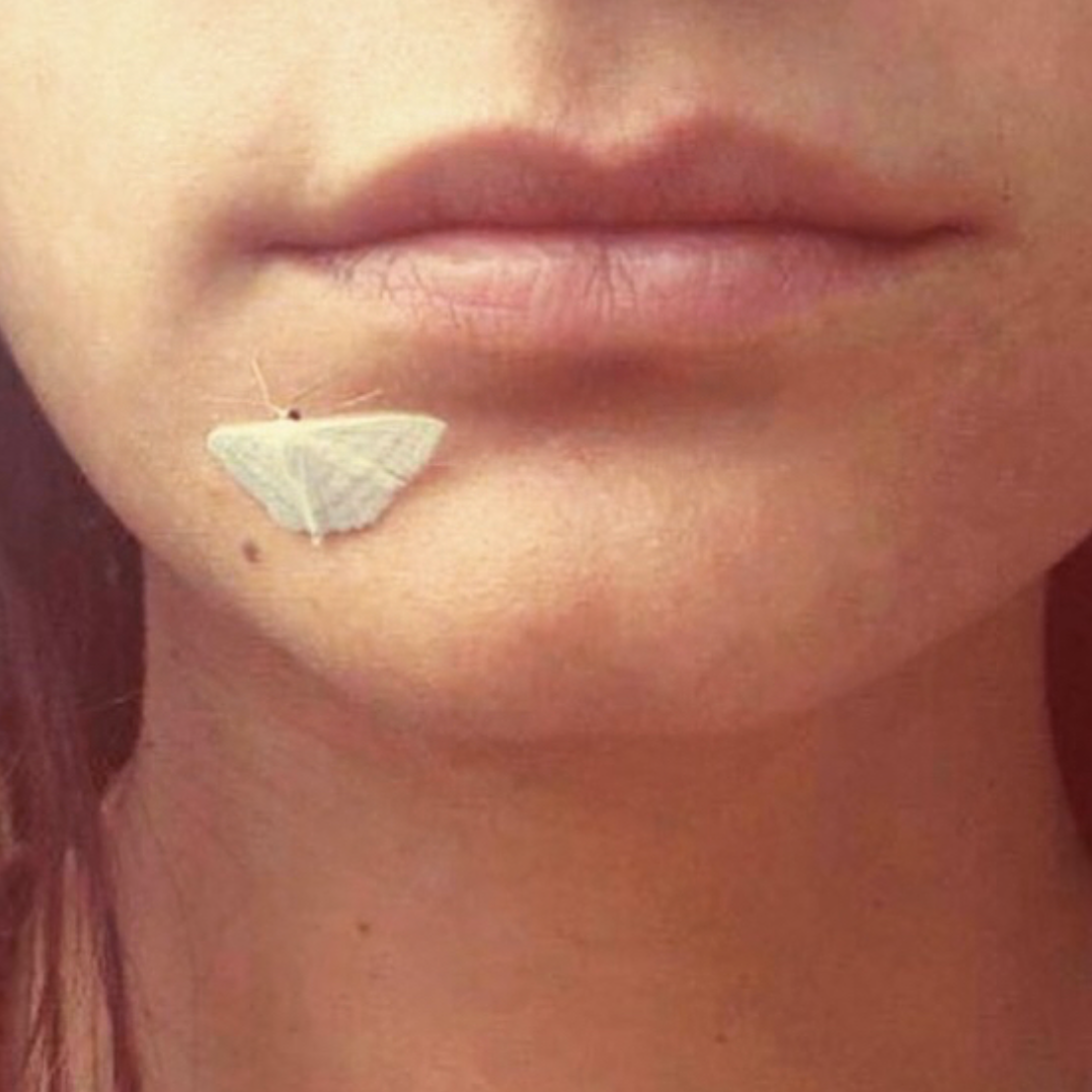
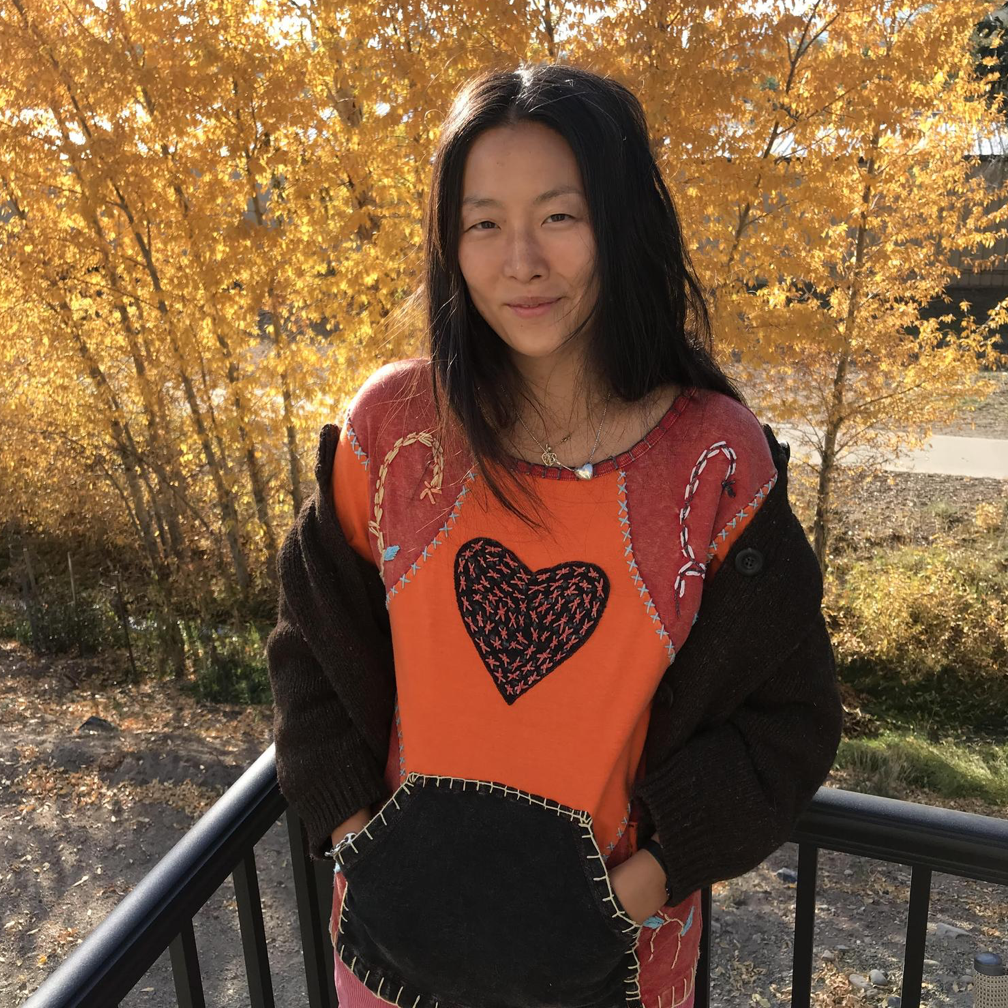

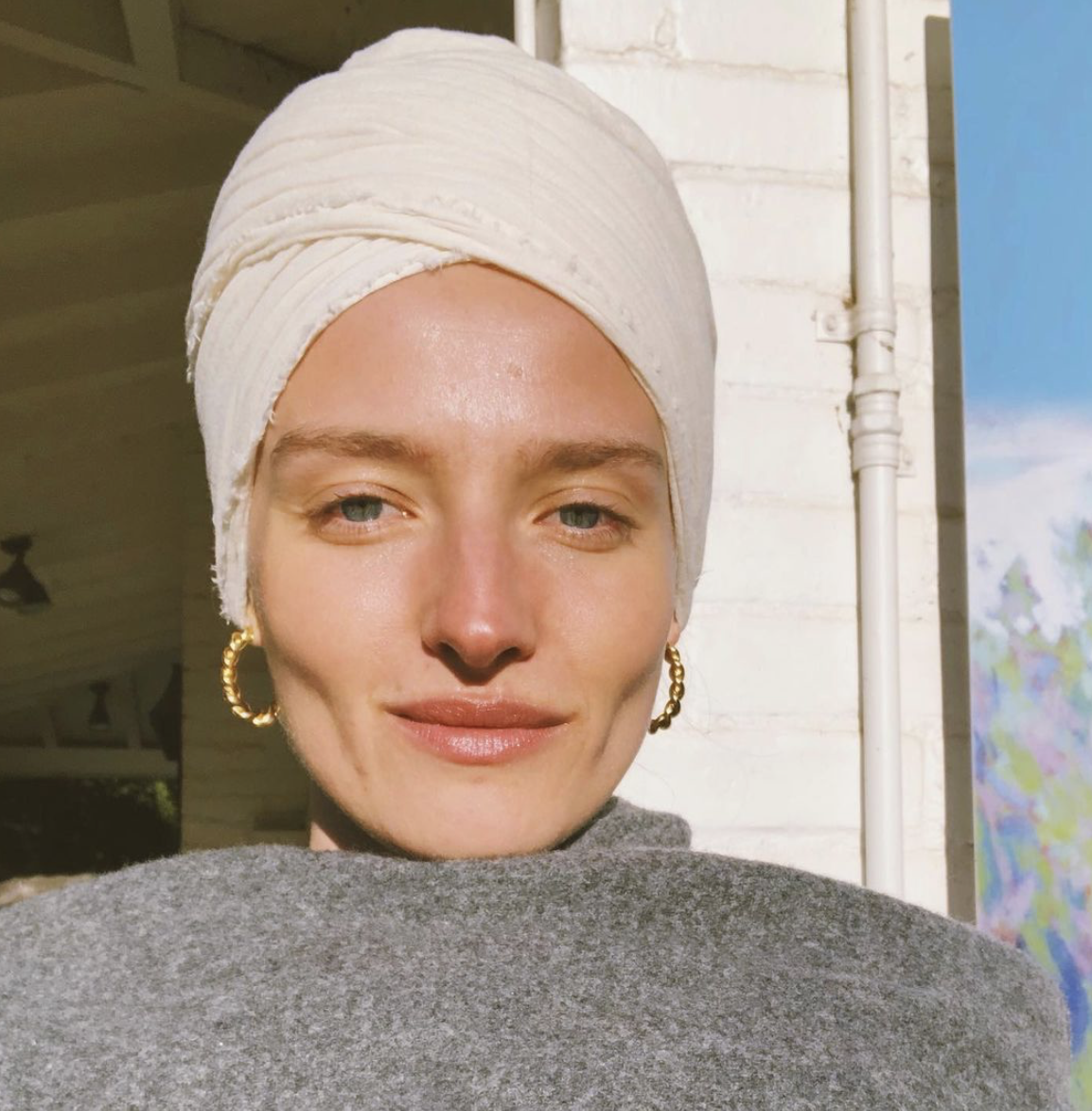

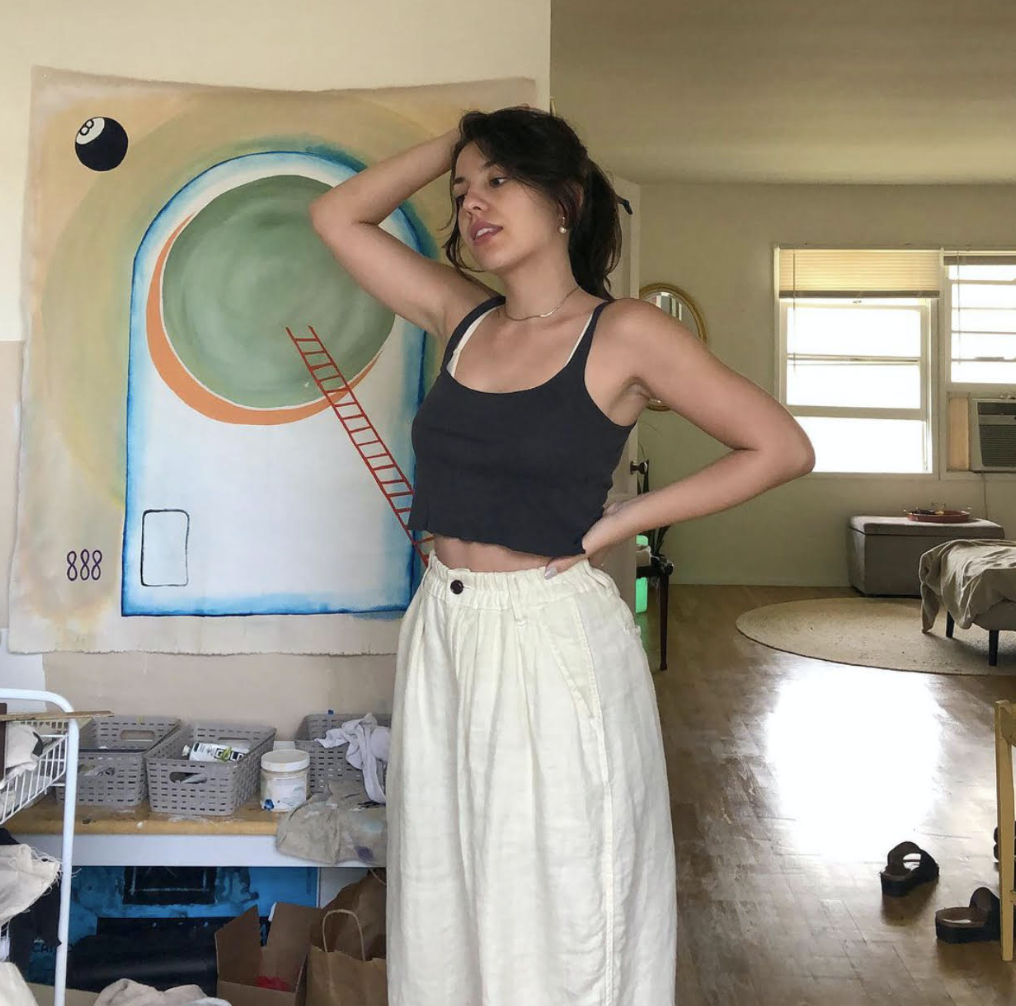
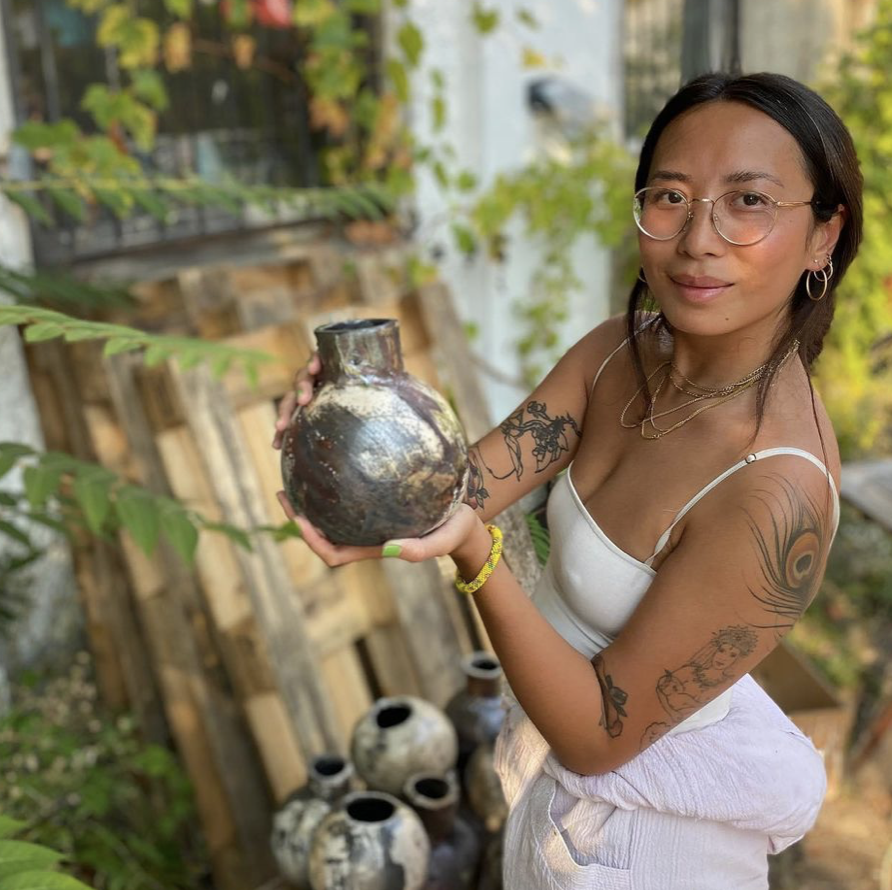
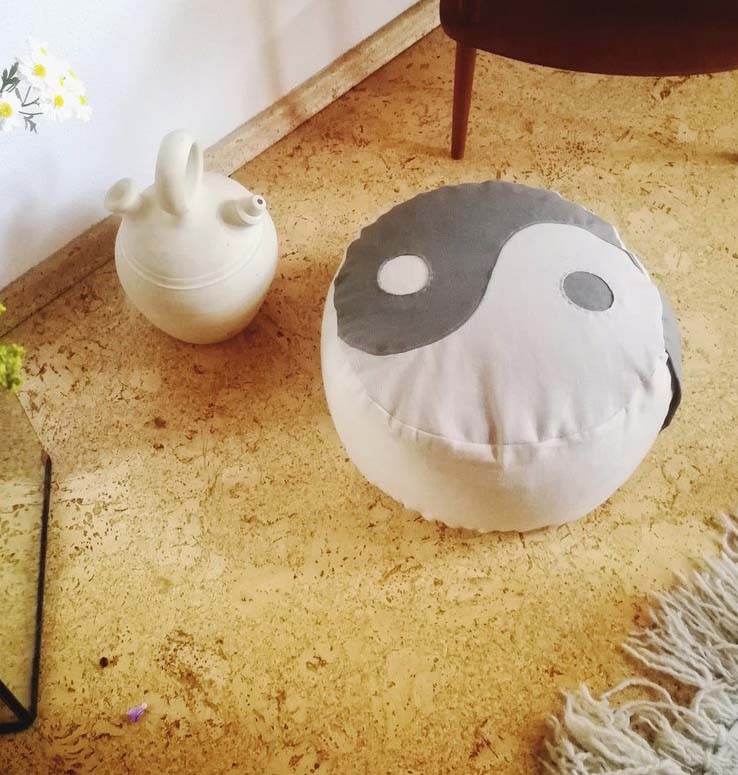 175,00 €
175,00 €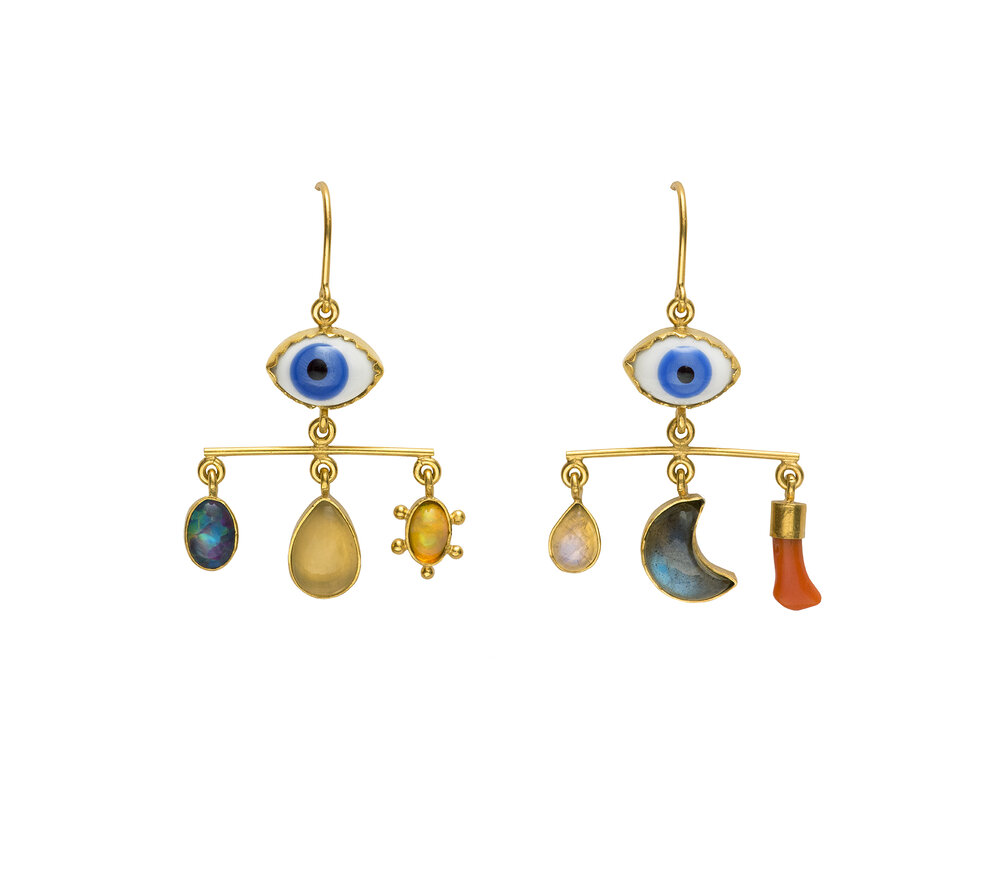 £450.00
£450.00 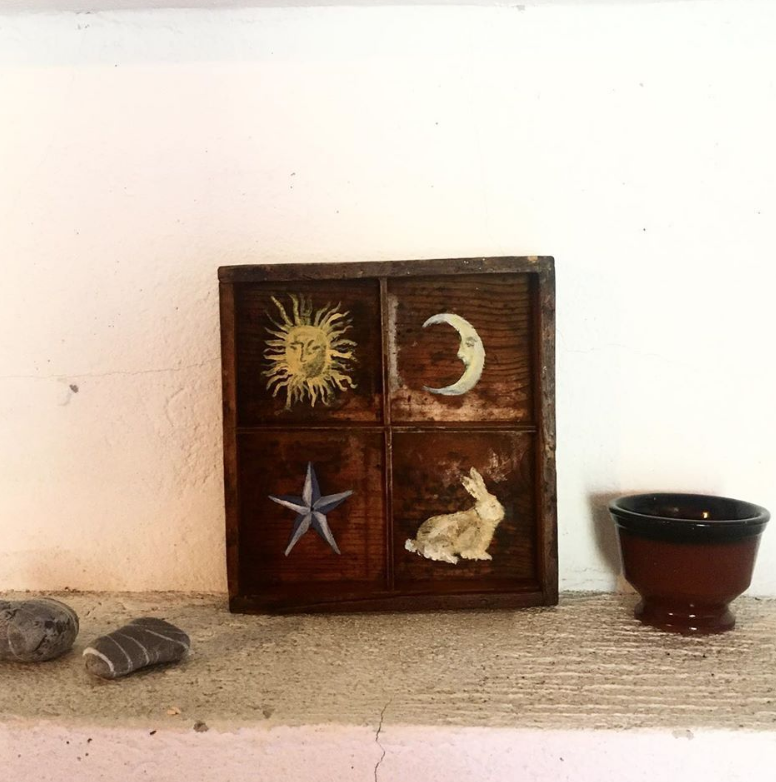
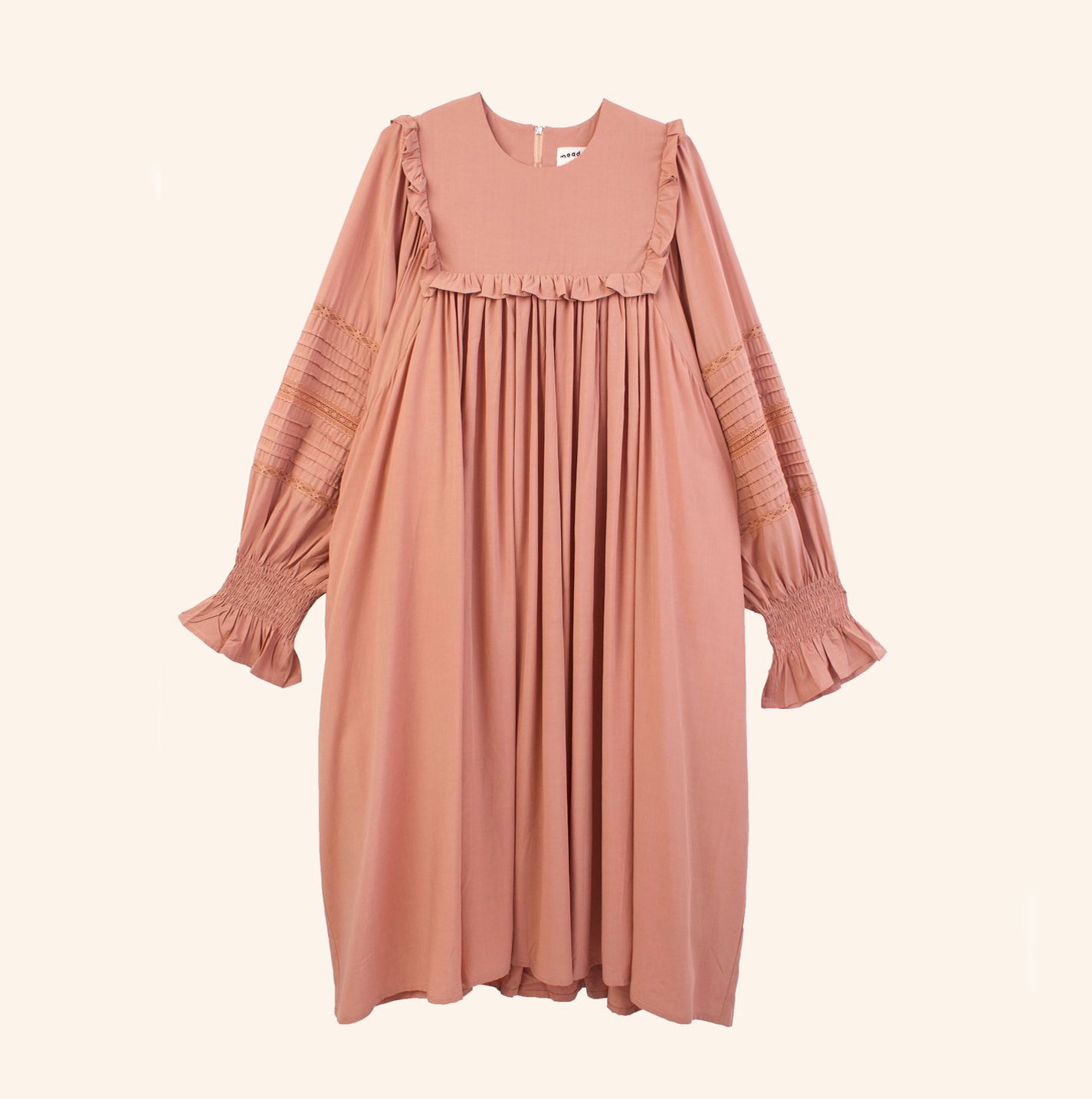
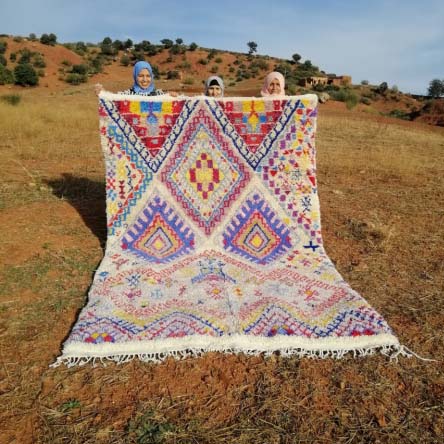 $1490.00
$1490.00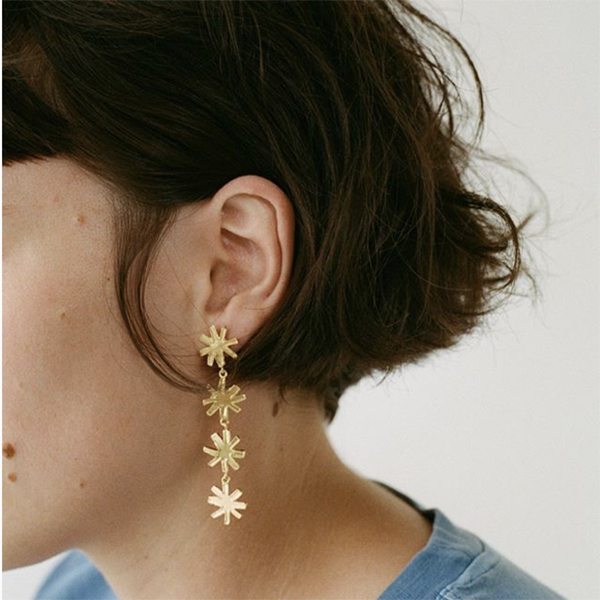 160.00 €
160.00 € £35.00
£35.00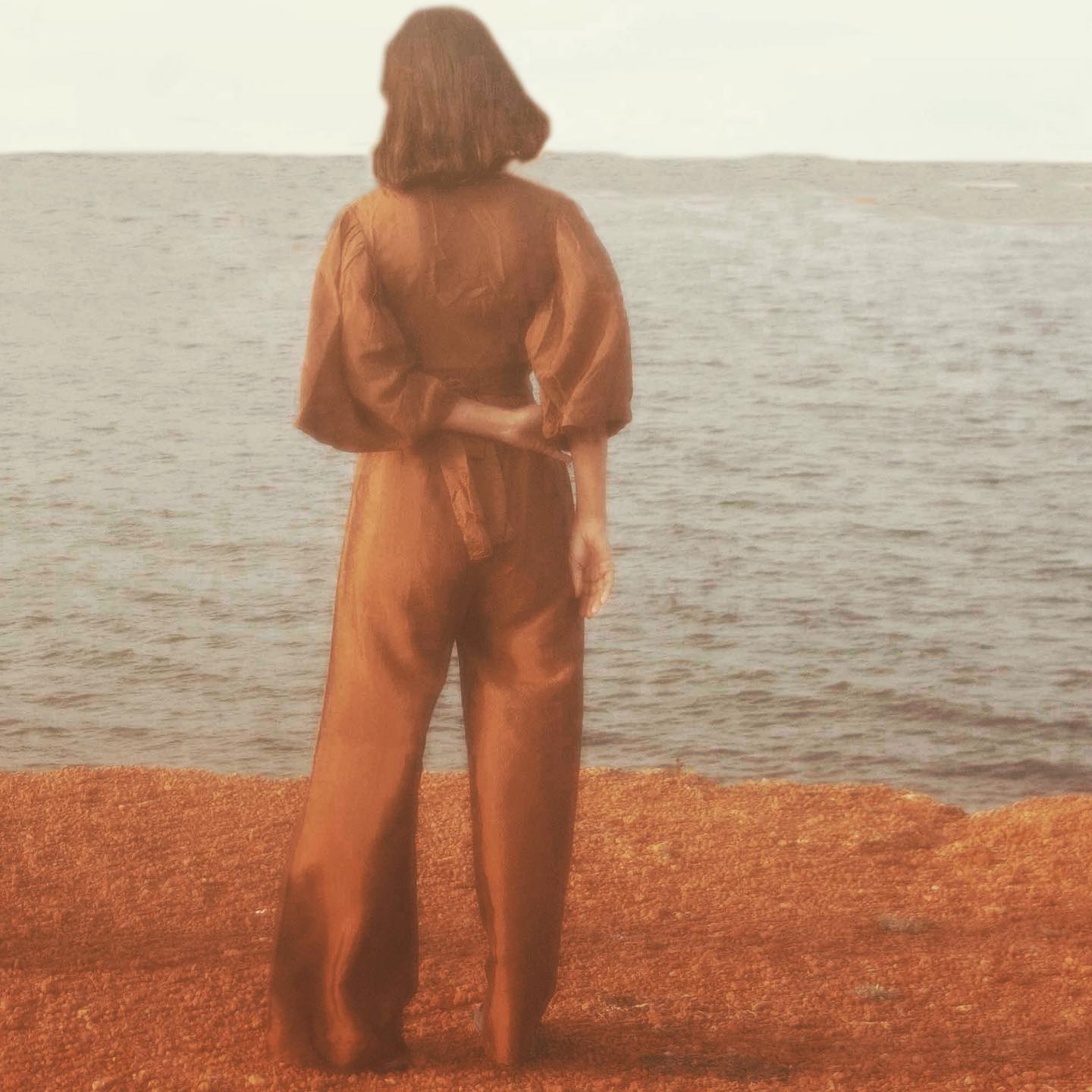
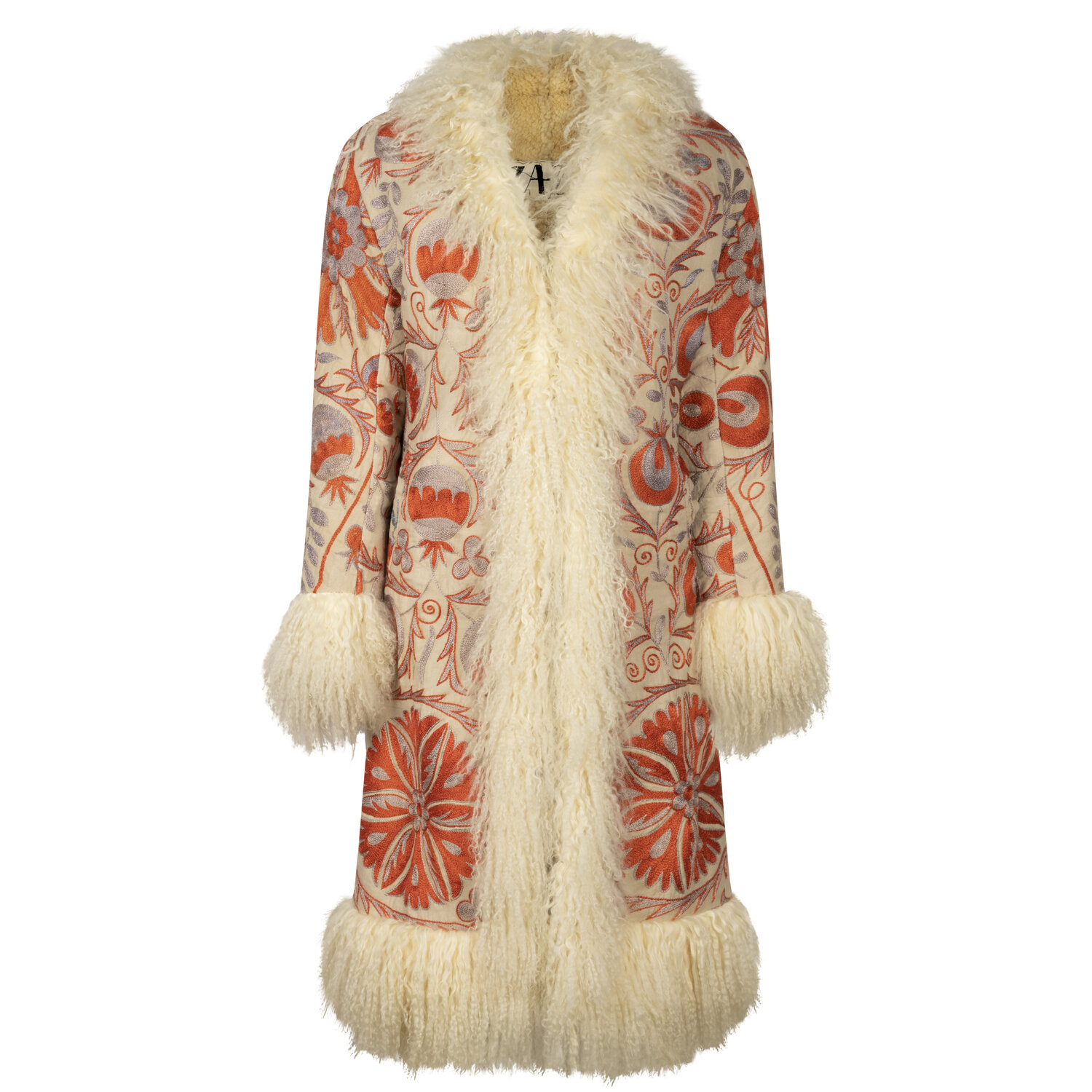 1,490.00 €
1,490.00 €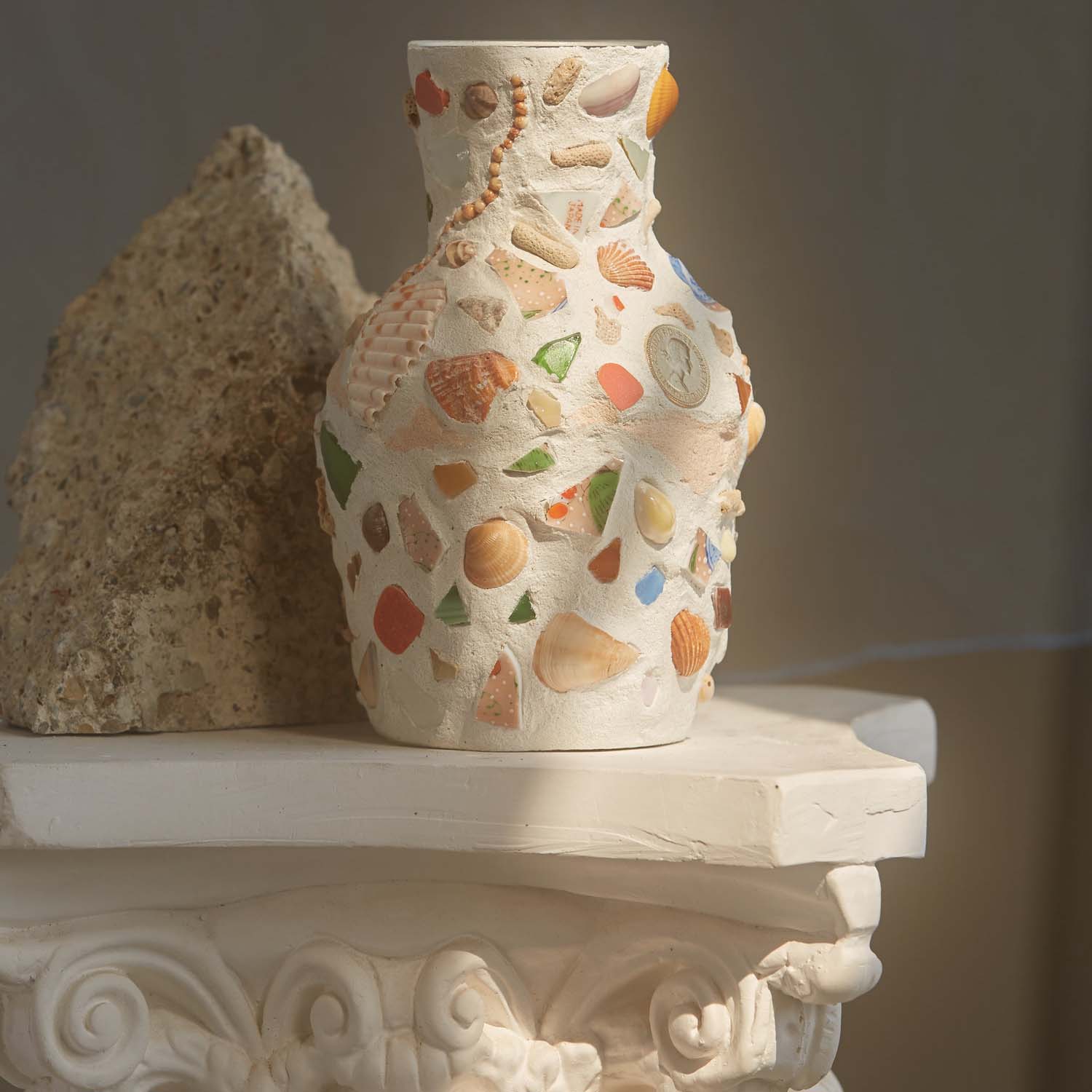
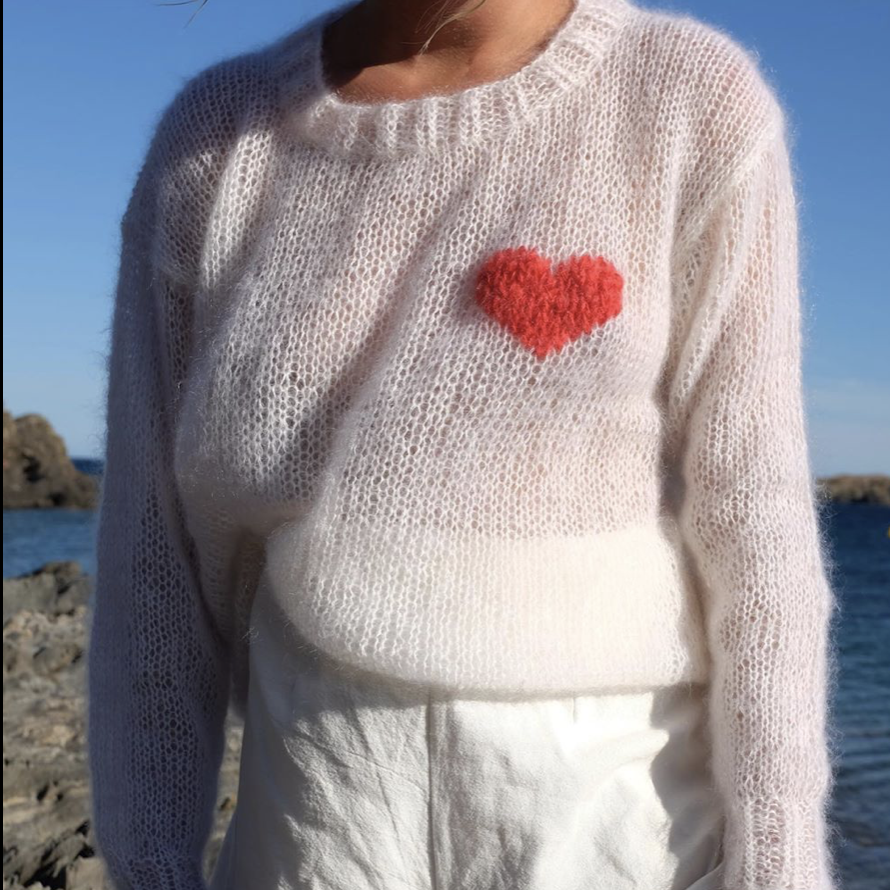
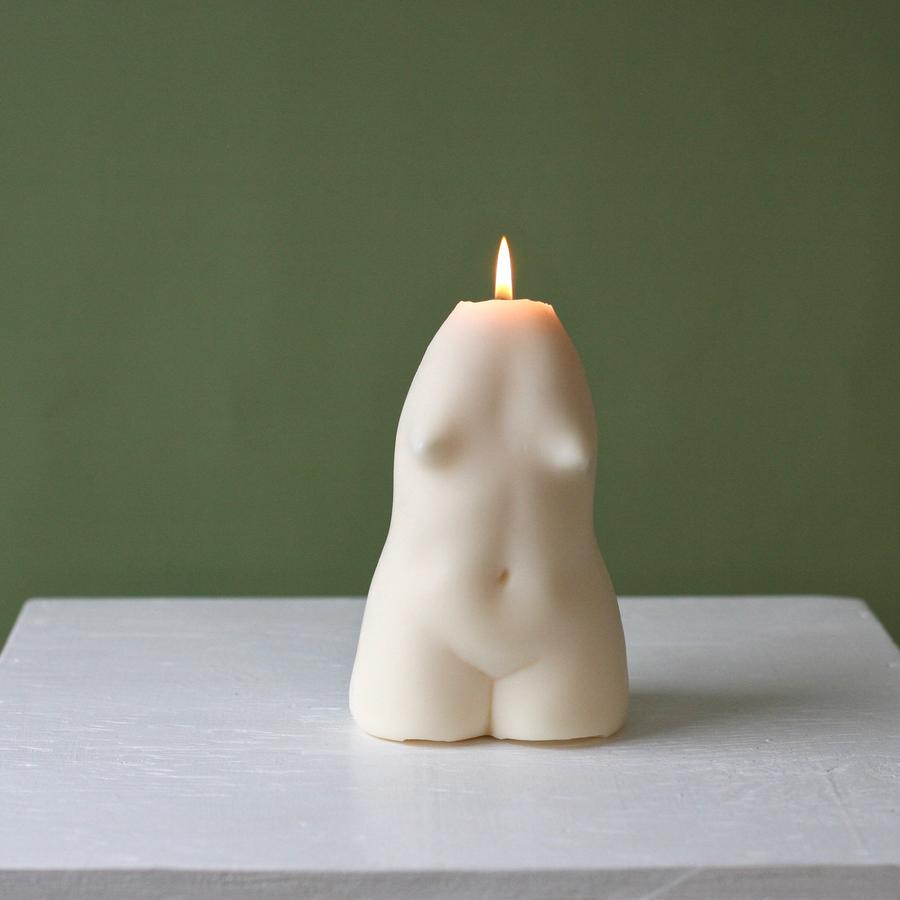 $78.00
$78.00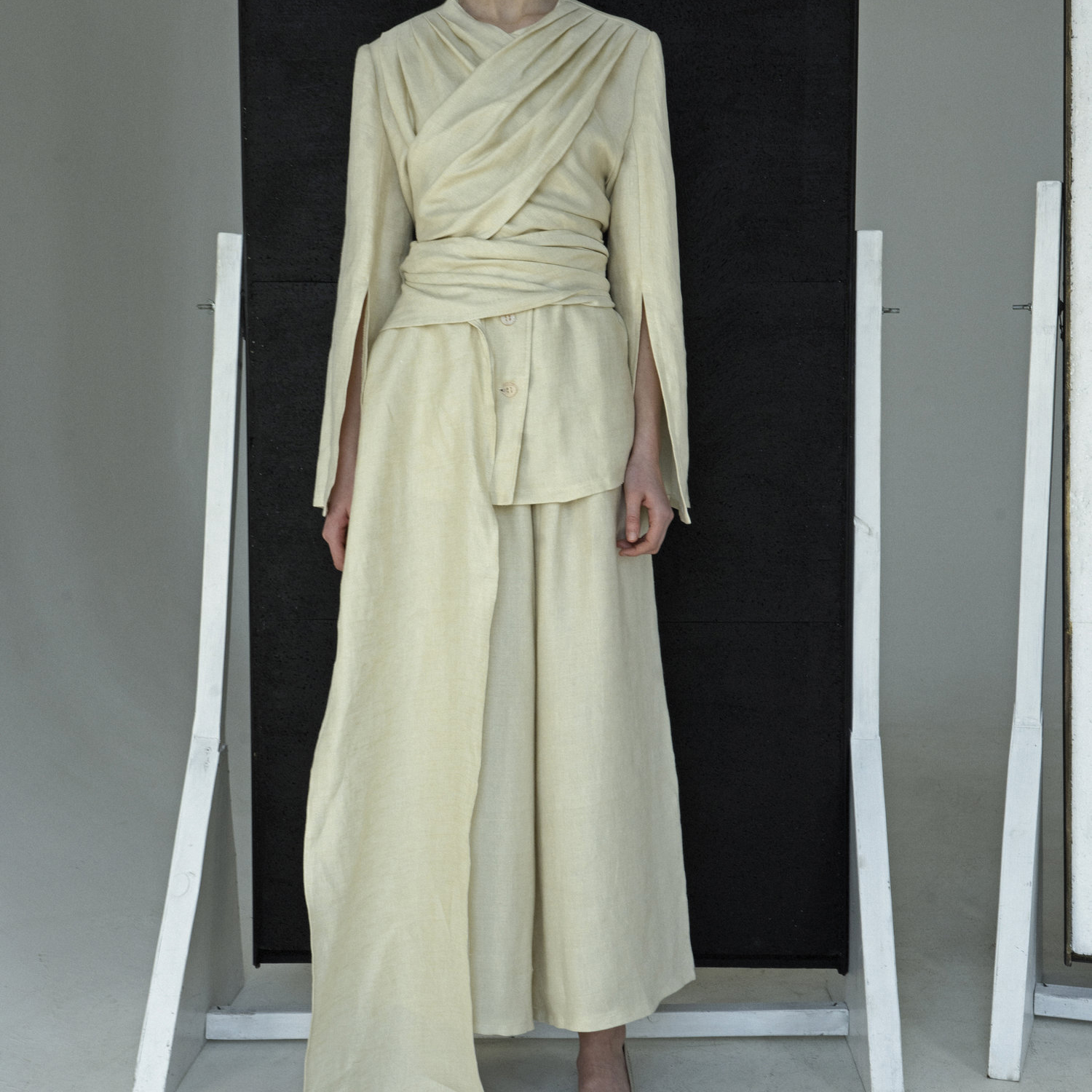
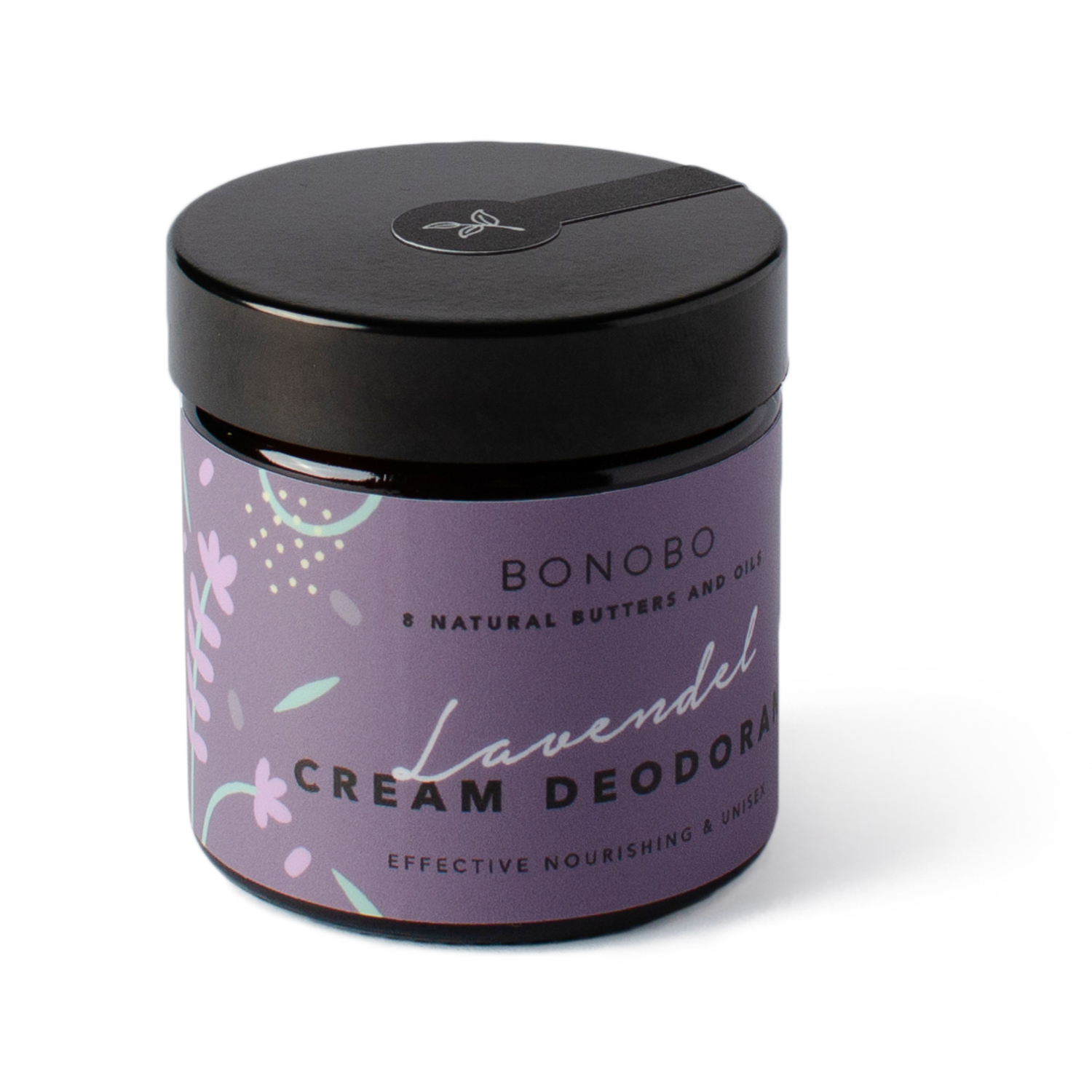
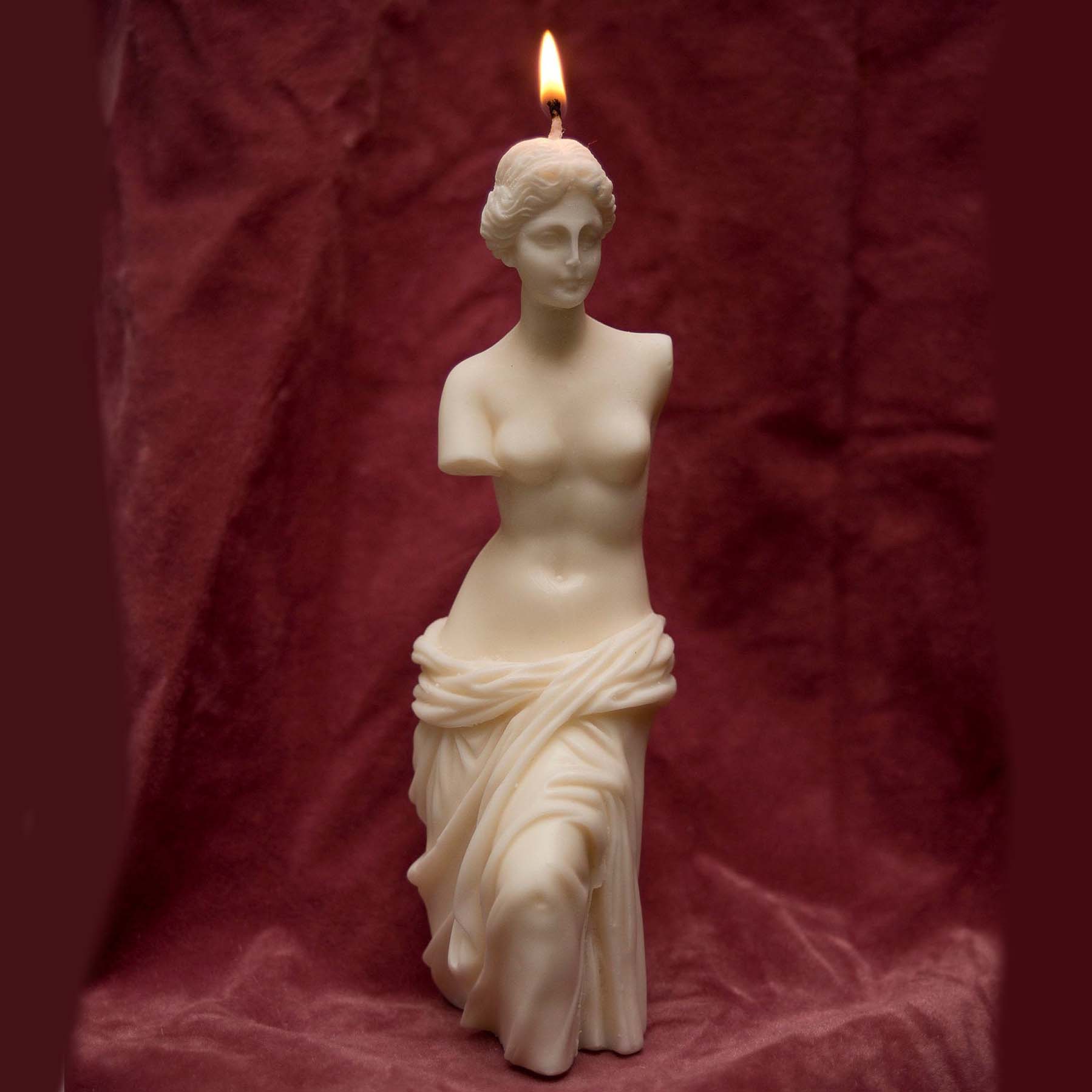
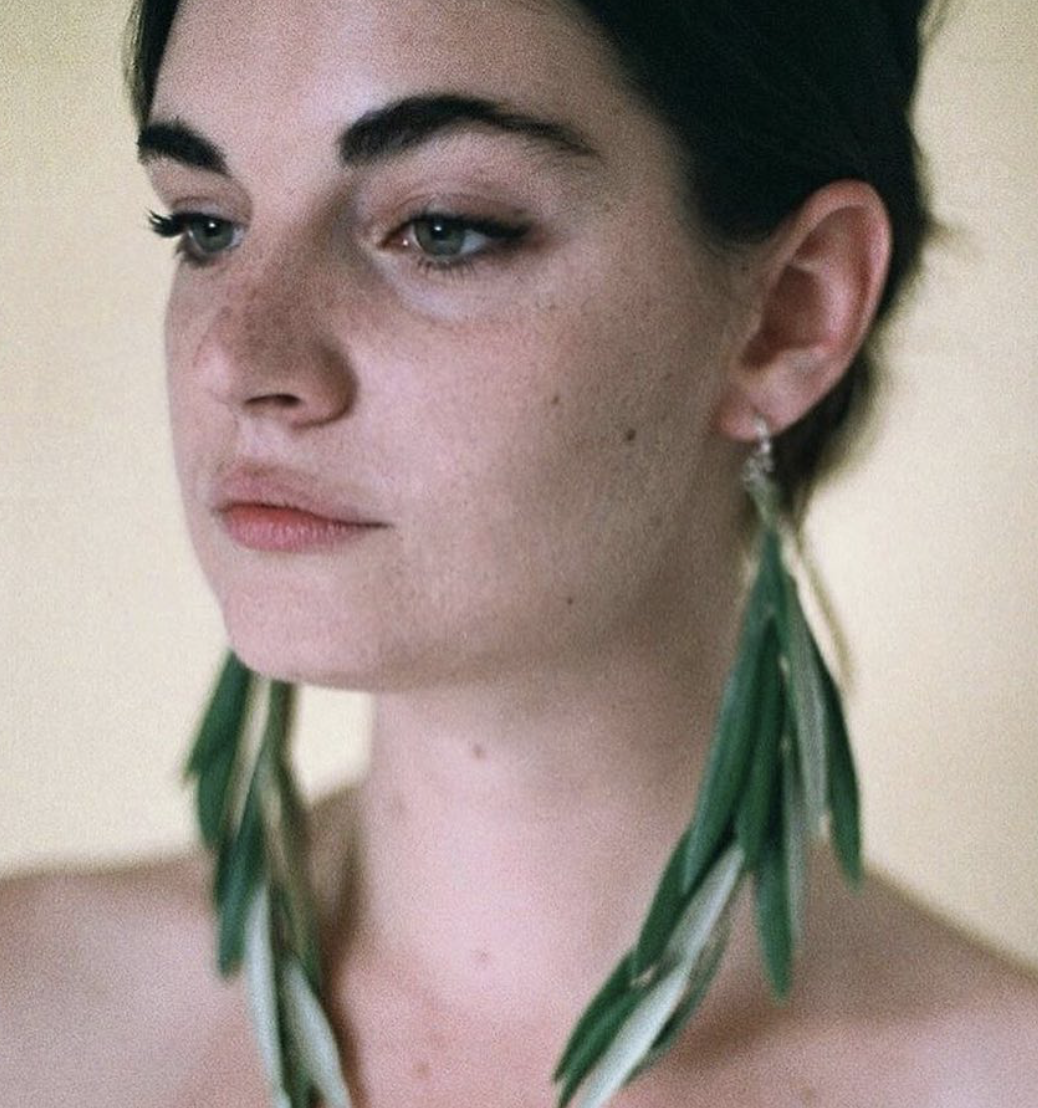 55.00 €
55.00 €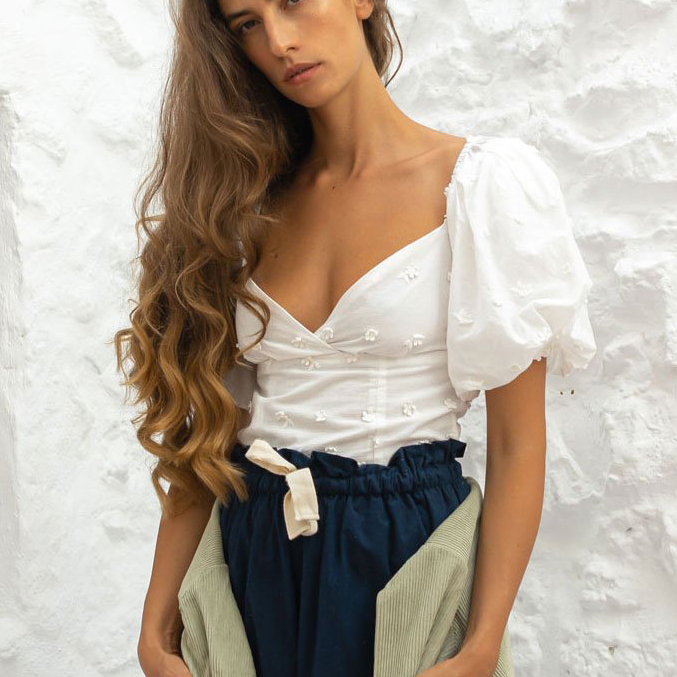 $385.00 AUD
$385.00 AUD
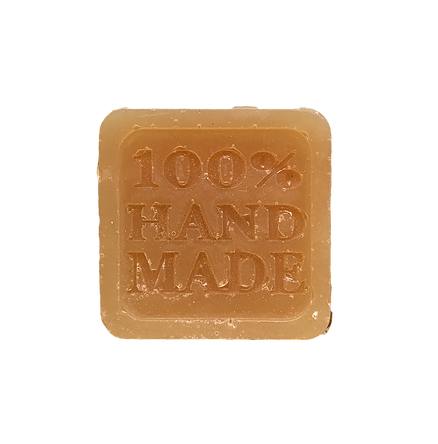
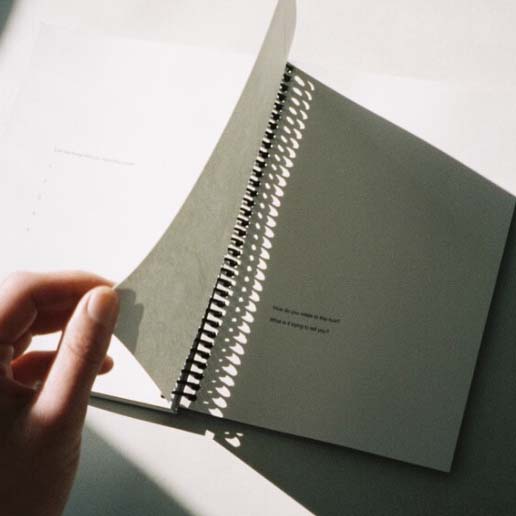


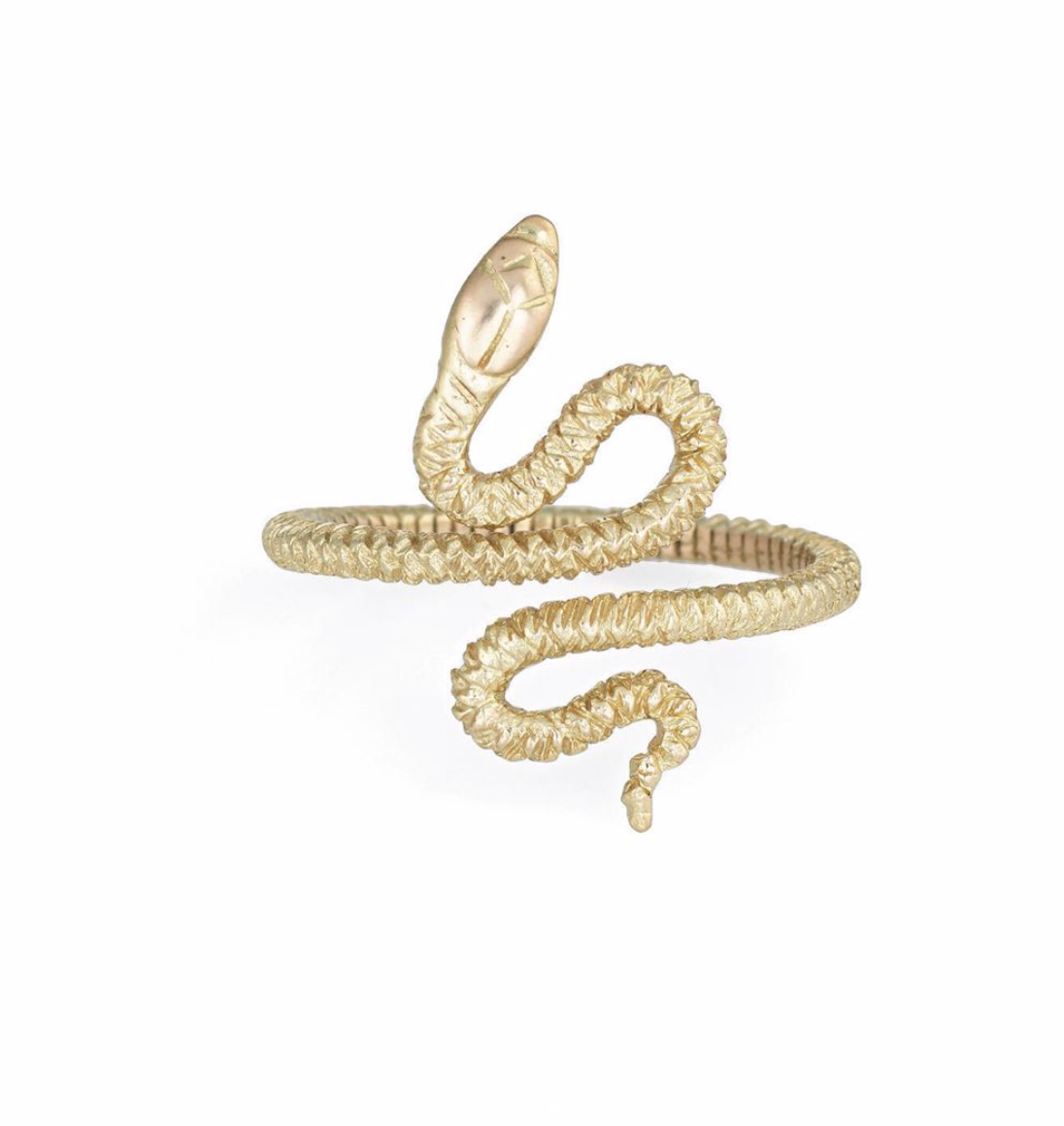
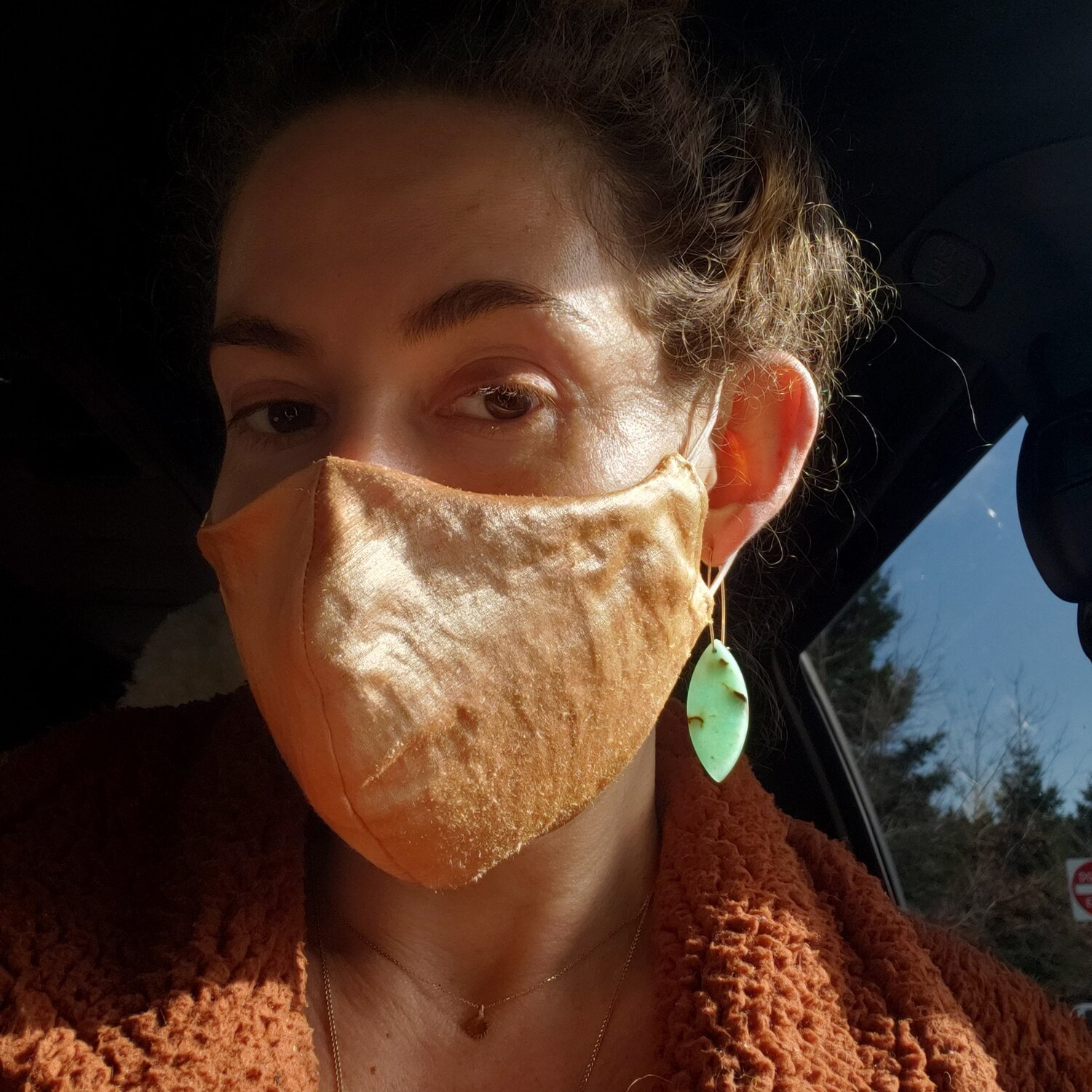
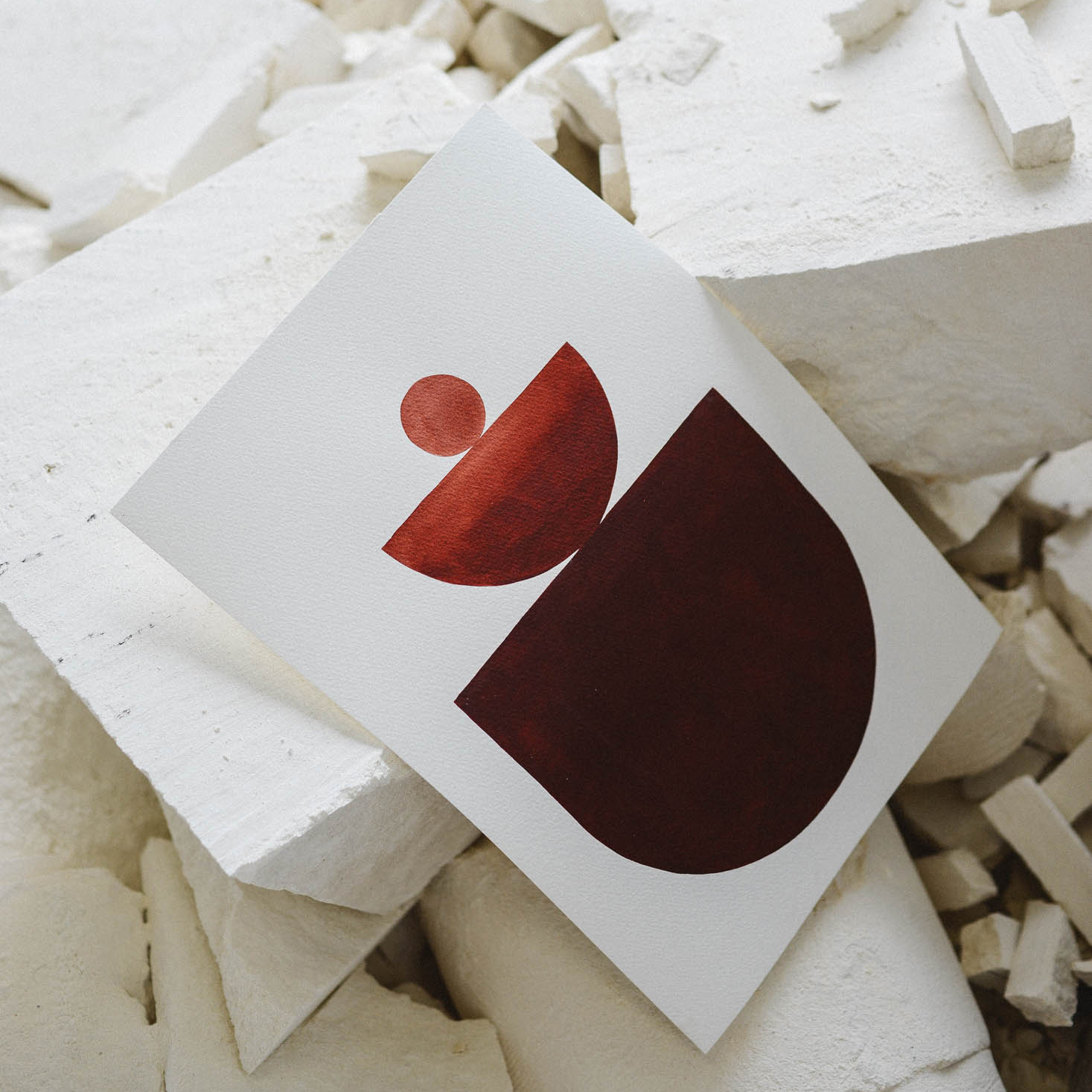 $140.00 AUD
$140.00 AUD
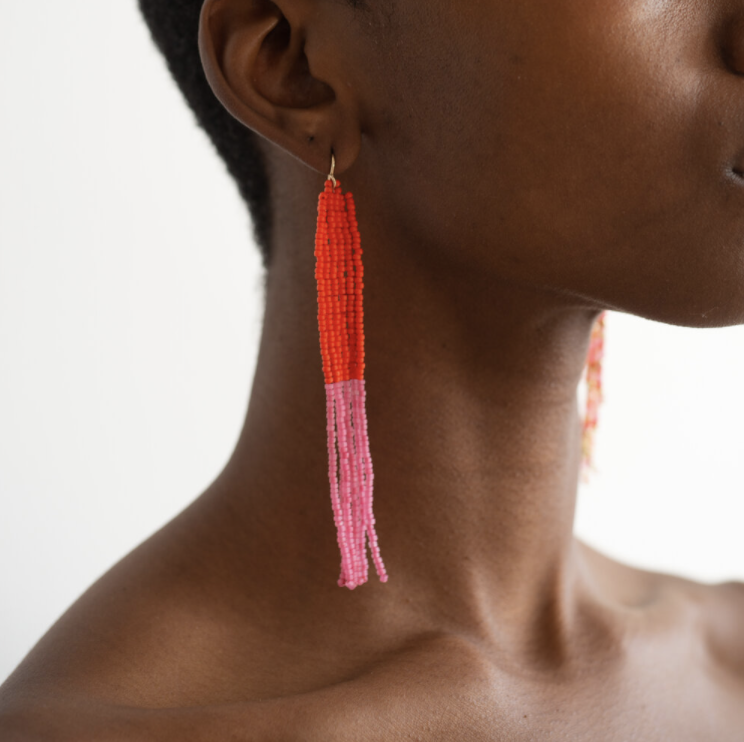
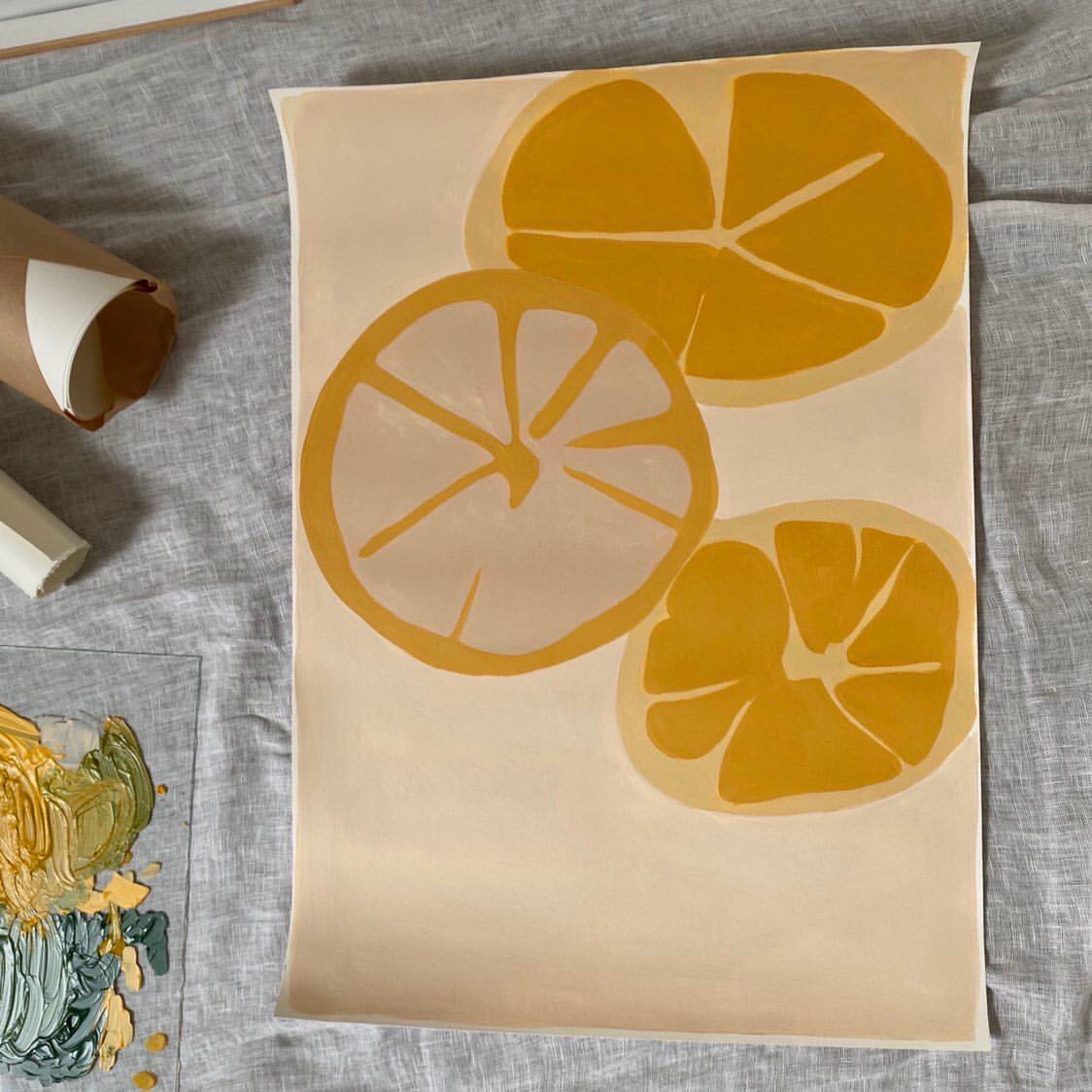
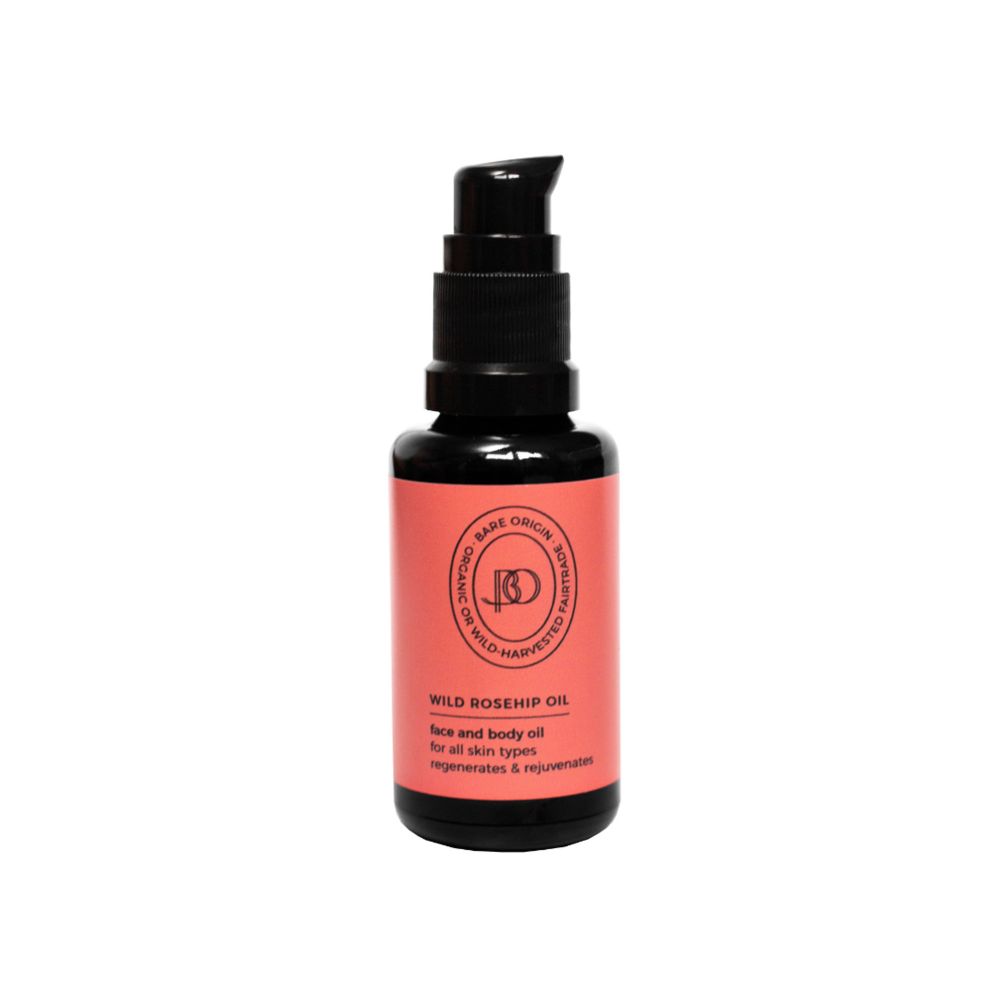
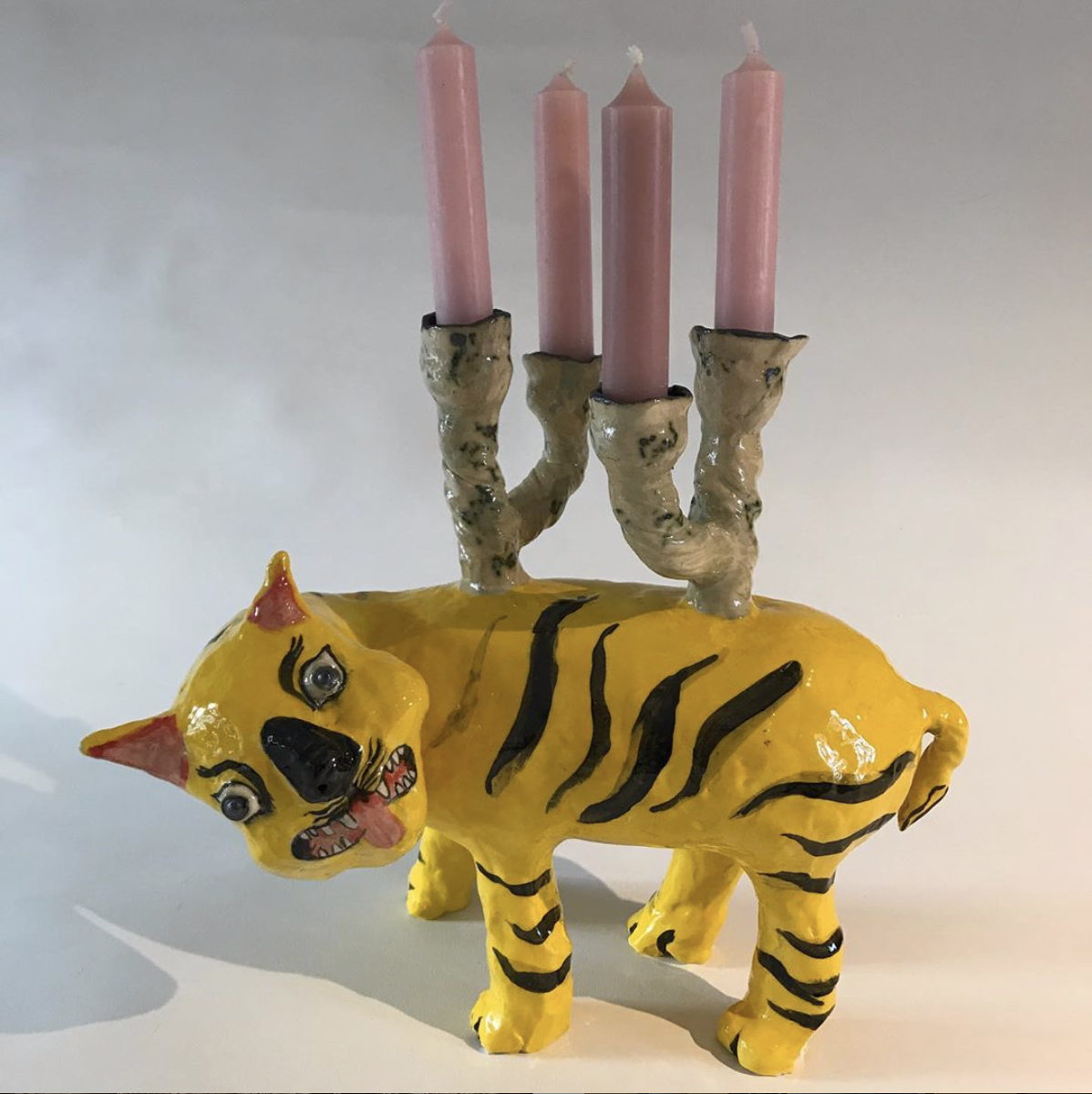
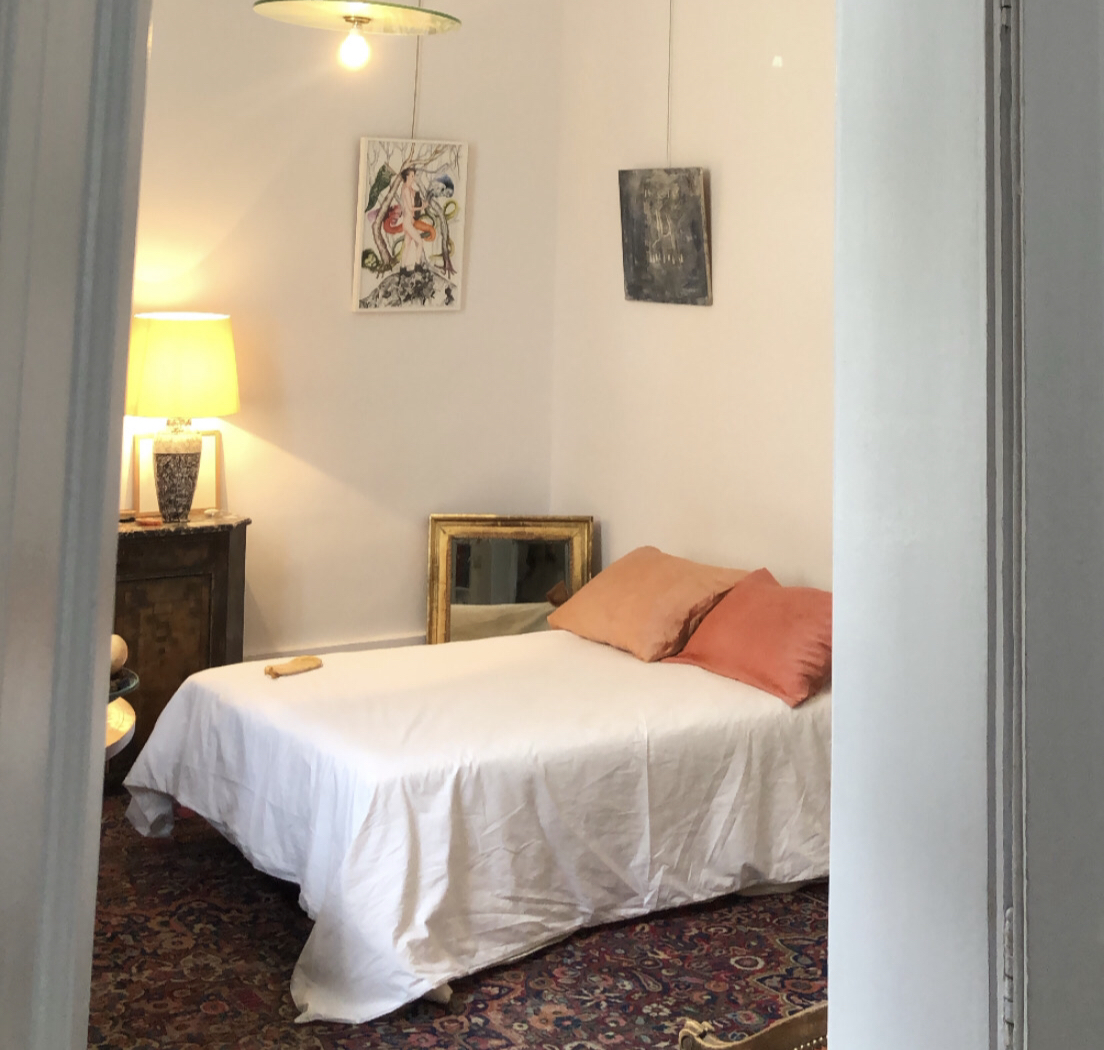
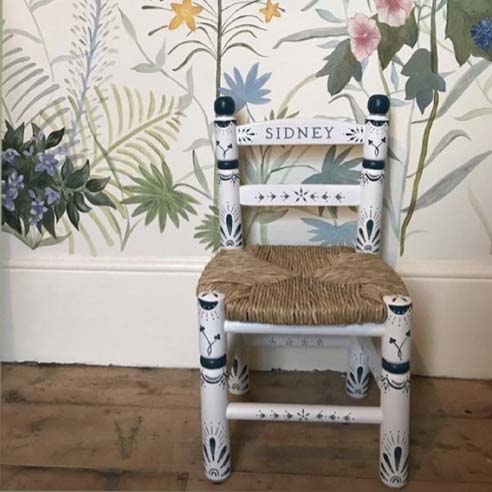
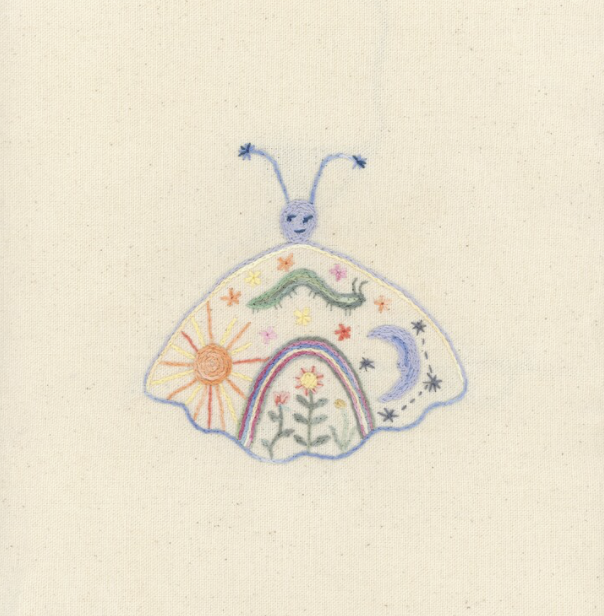


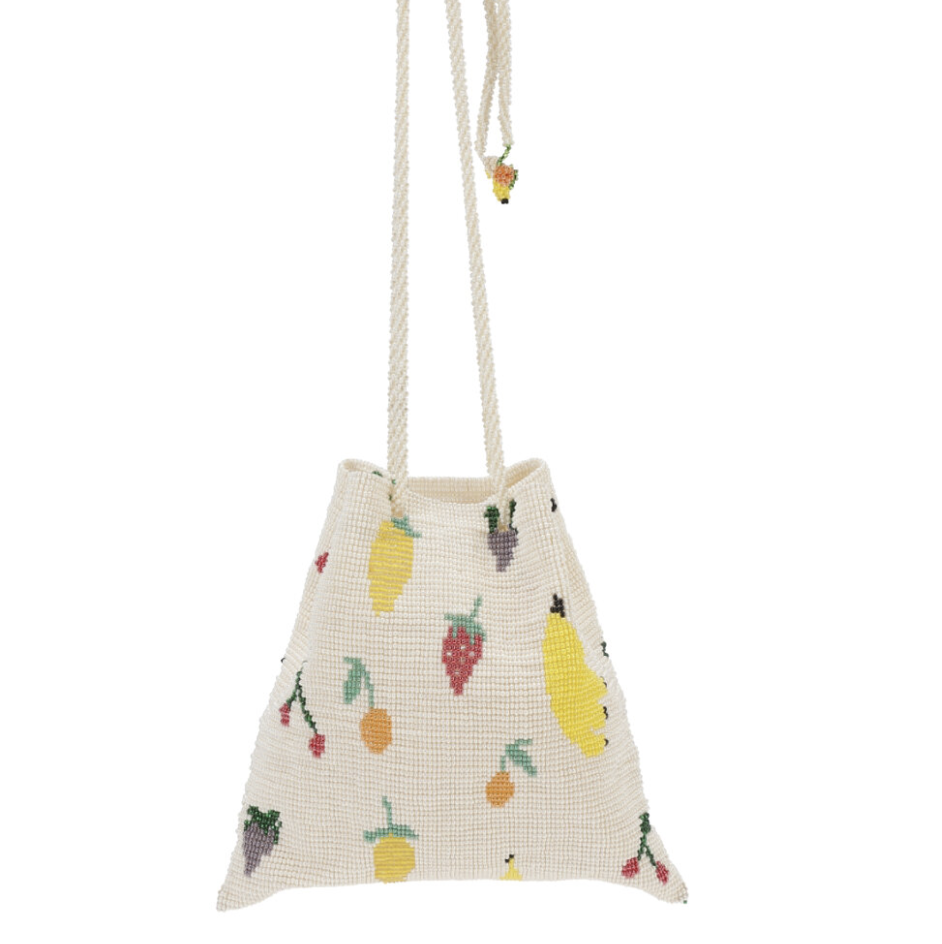
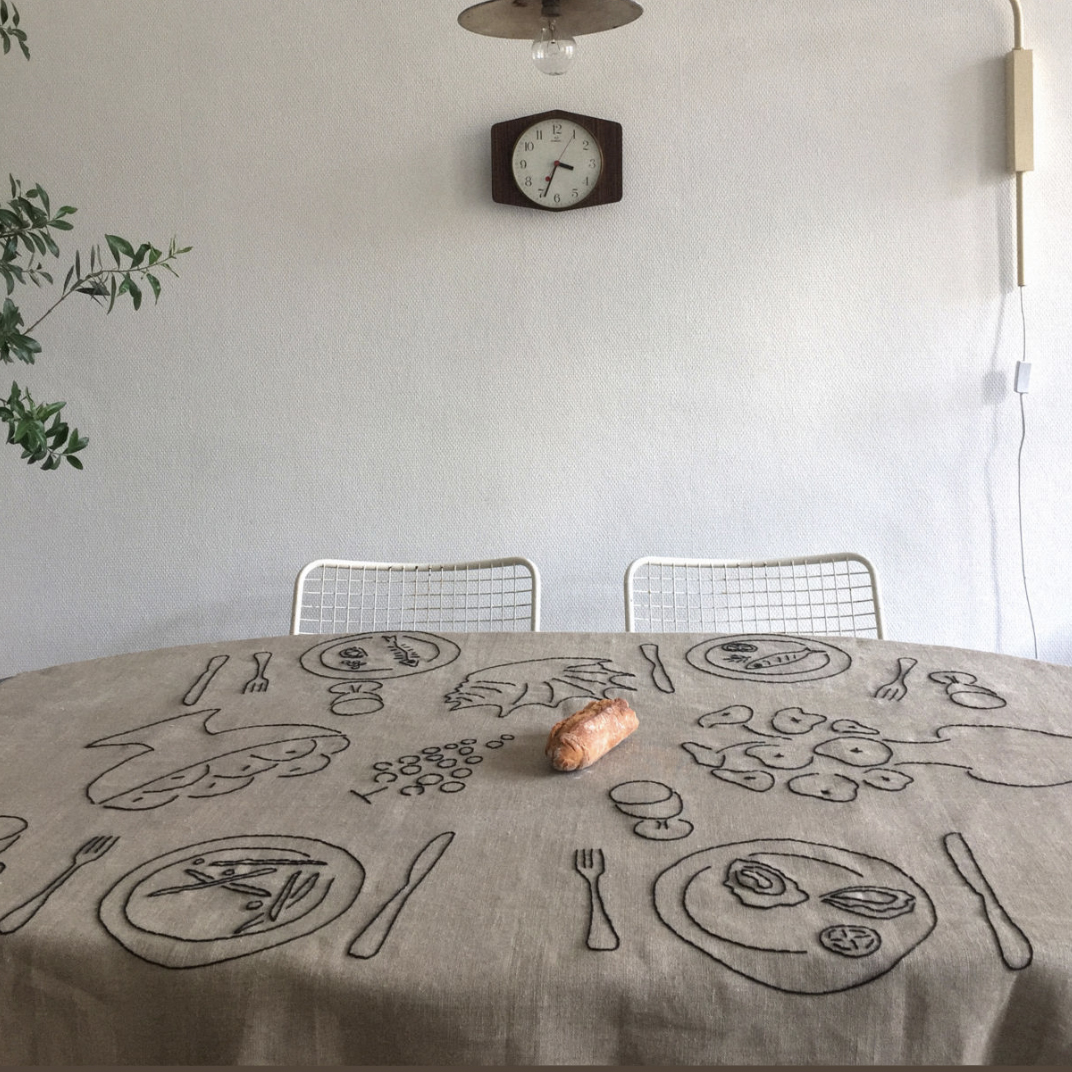
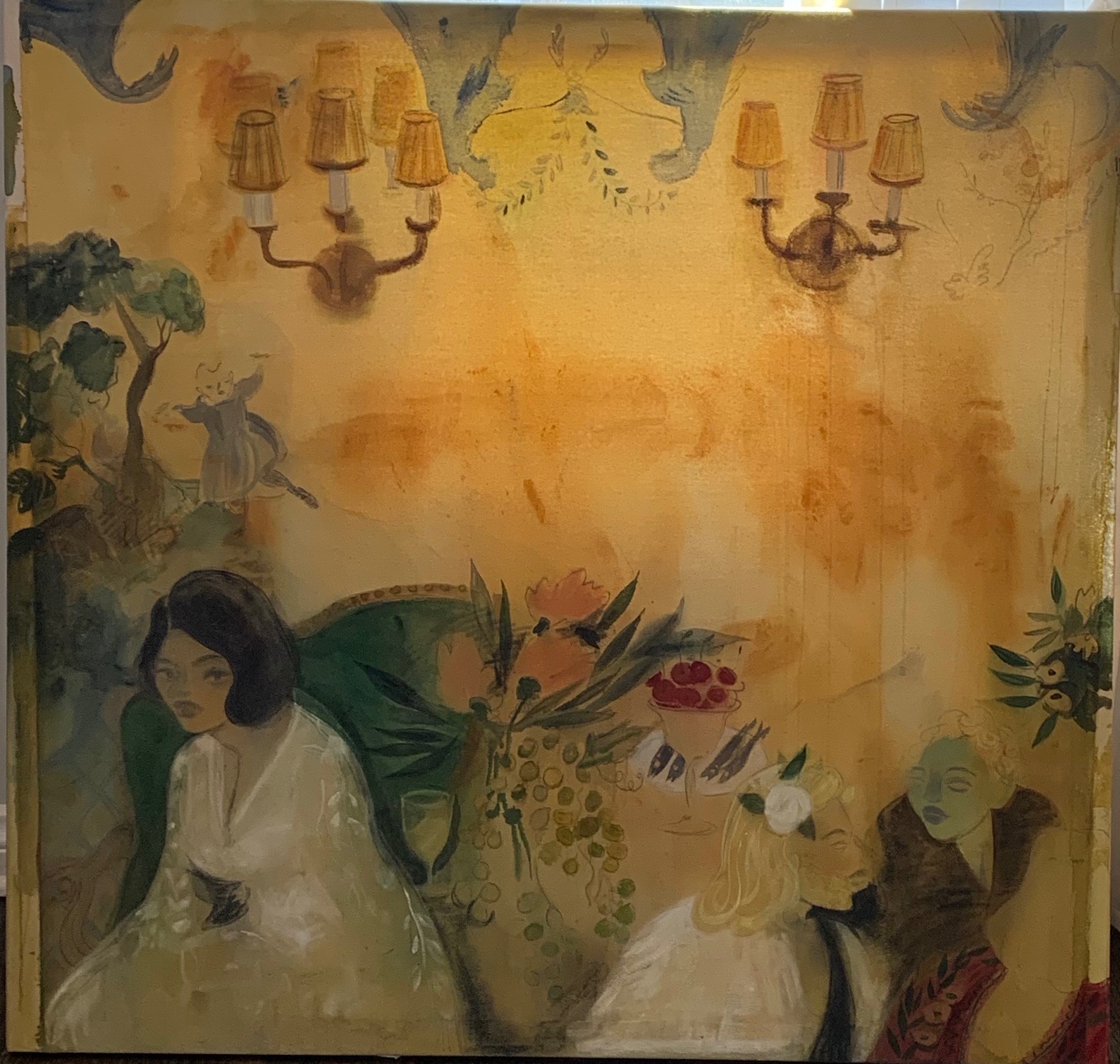
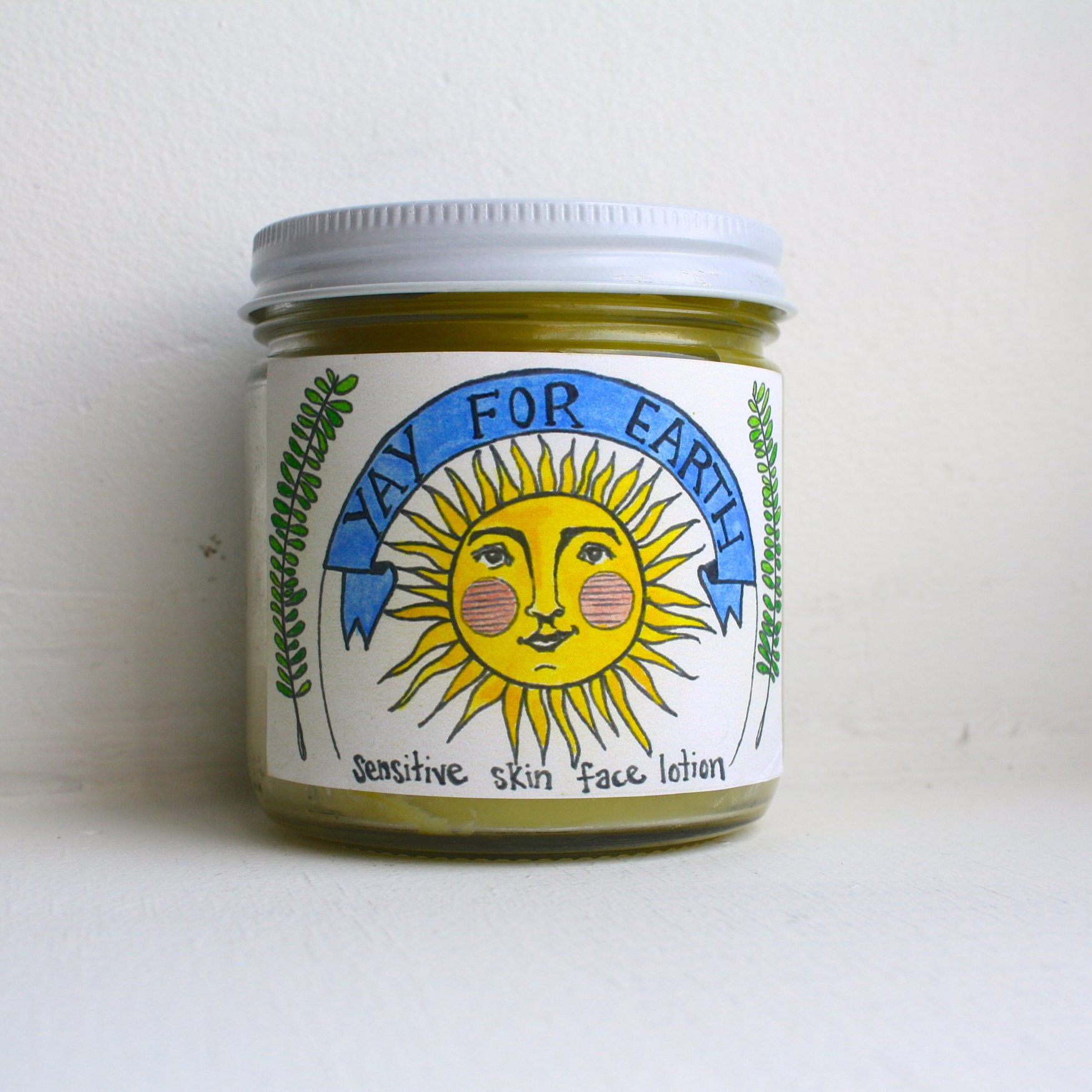
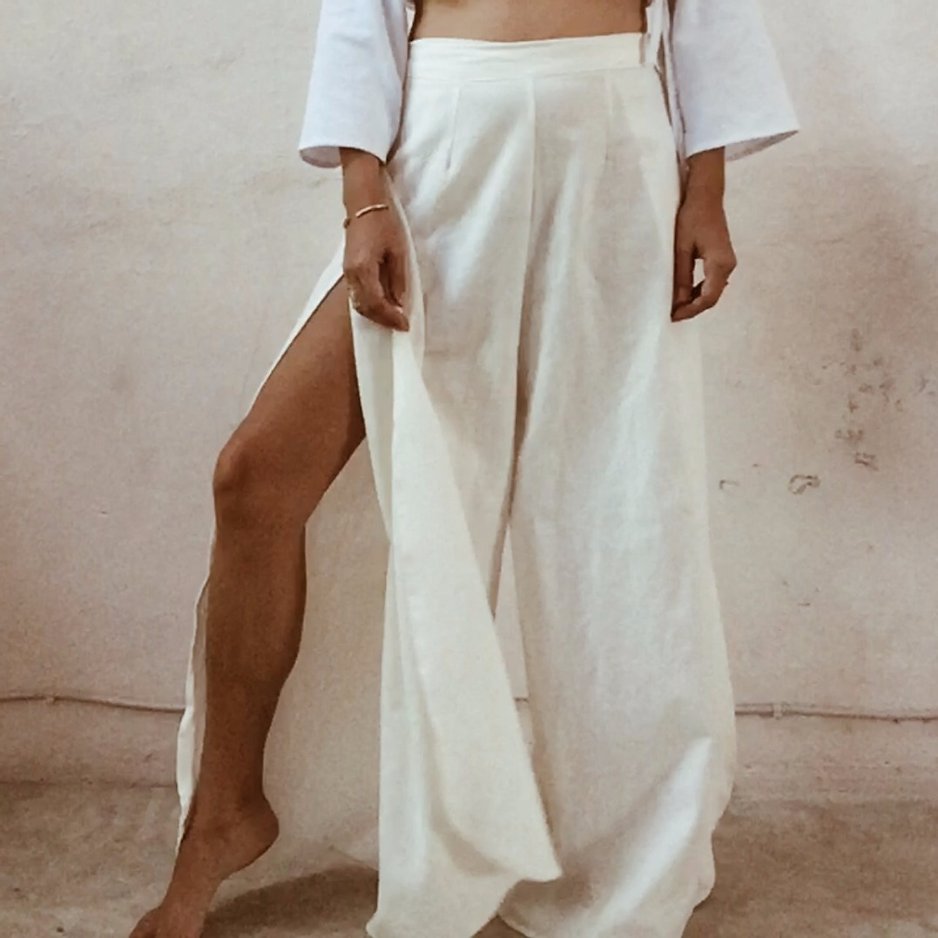 $96.00
$96.00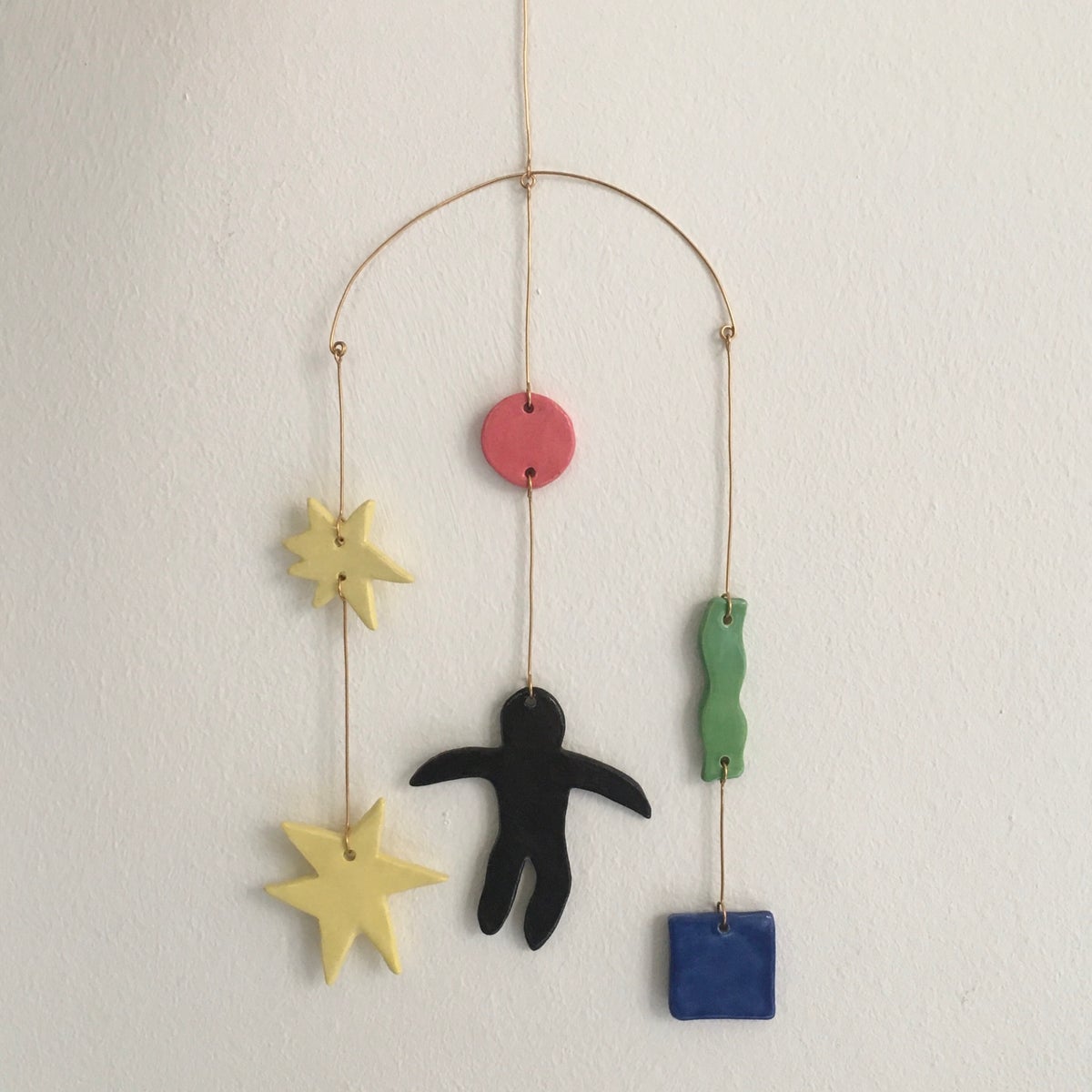 30
30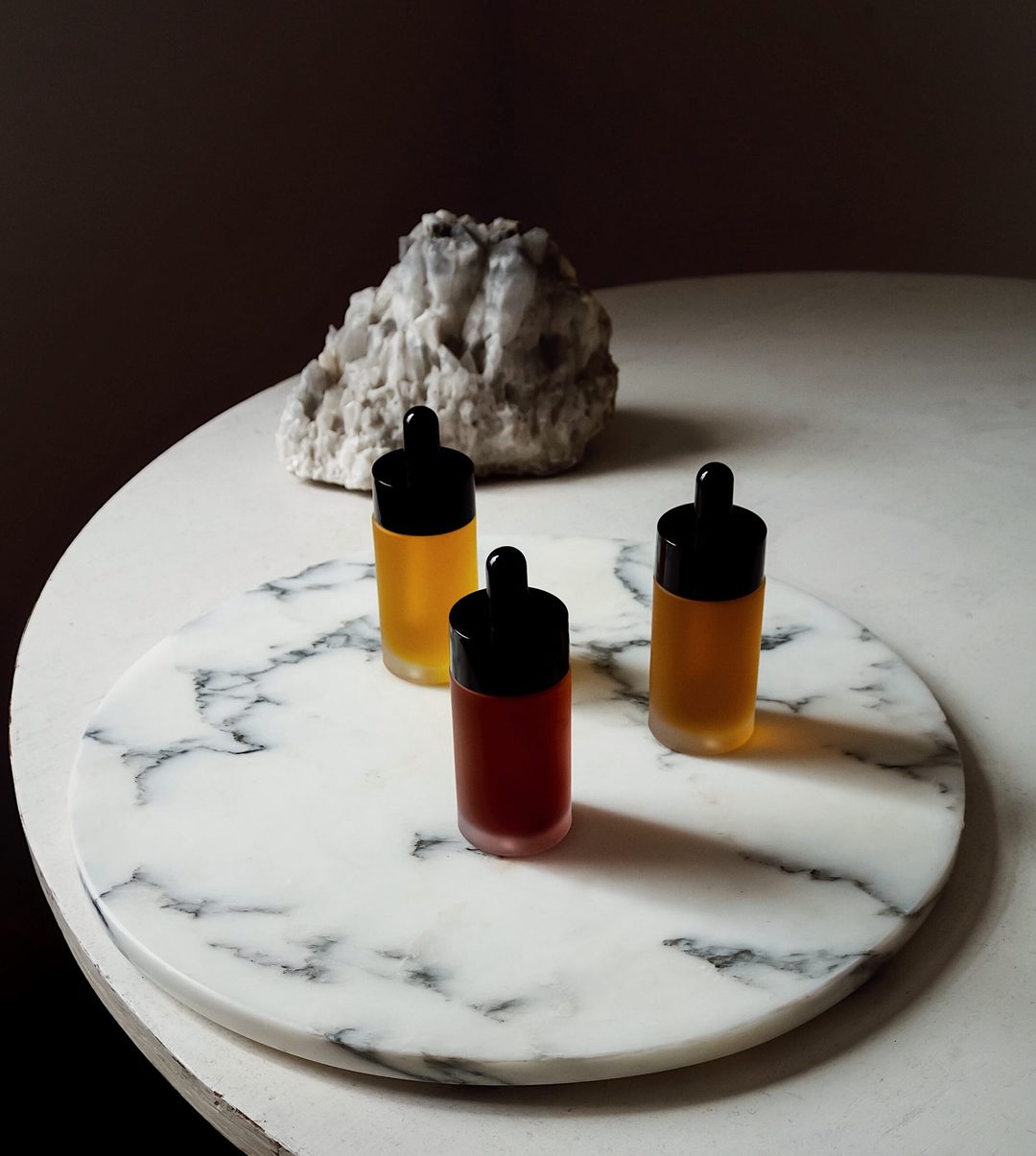 €50,00
€50,00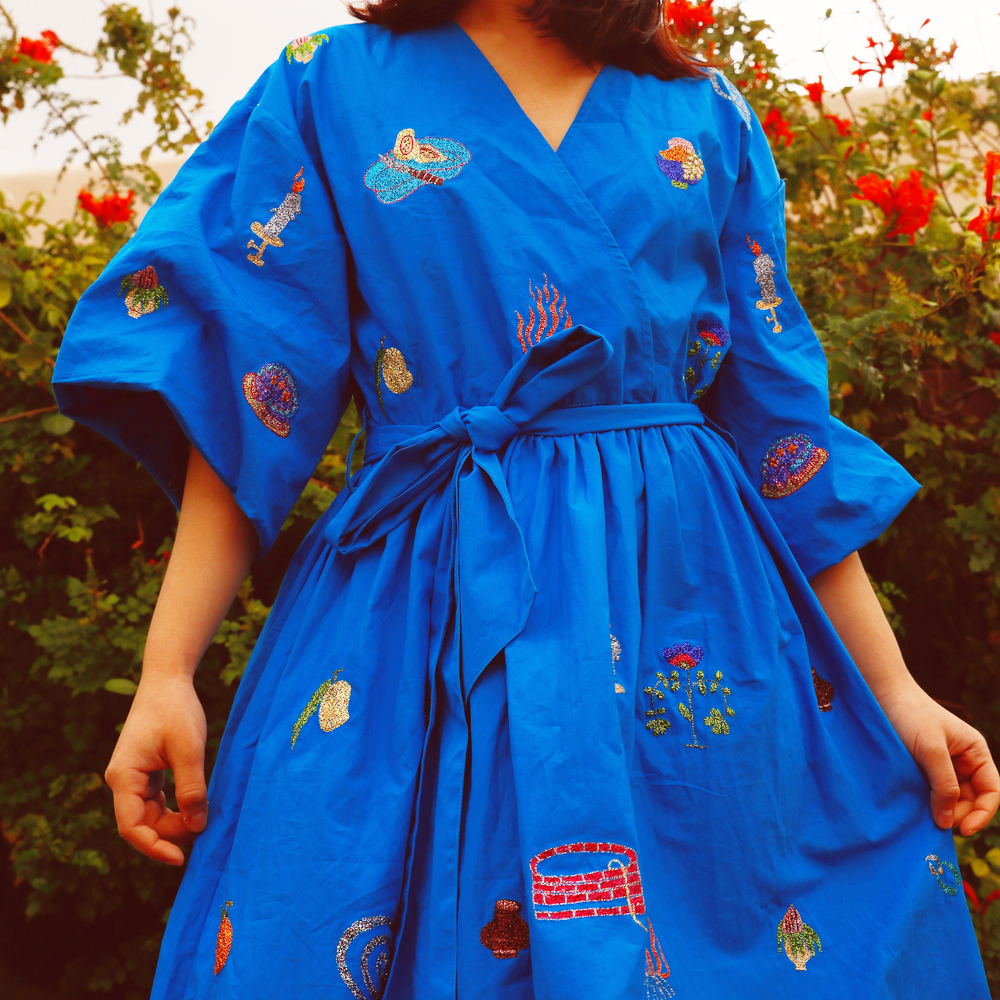 $120.00
$120.00 $95.00 AUD
$95.00 AUD 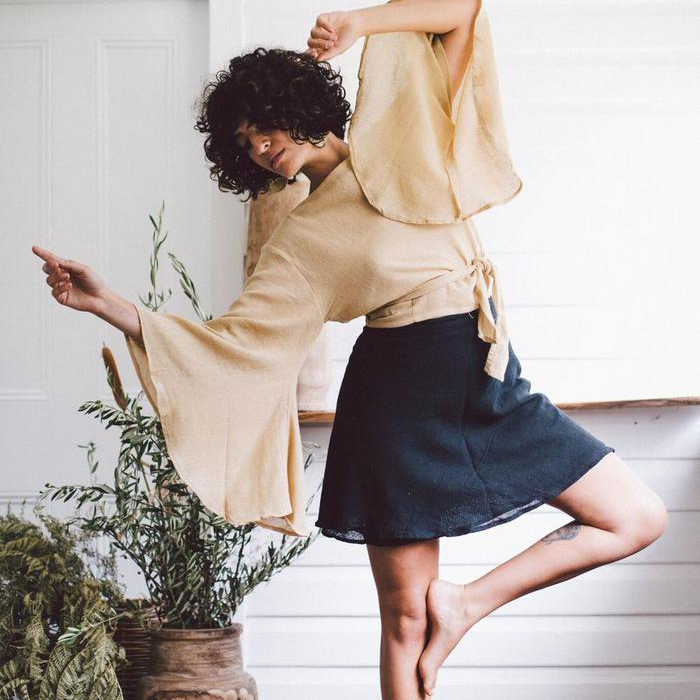
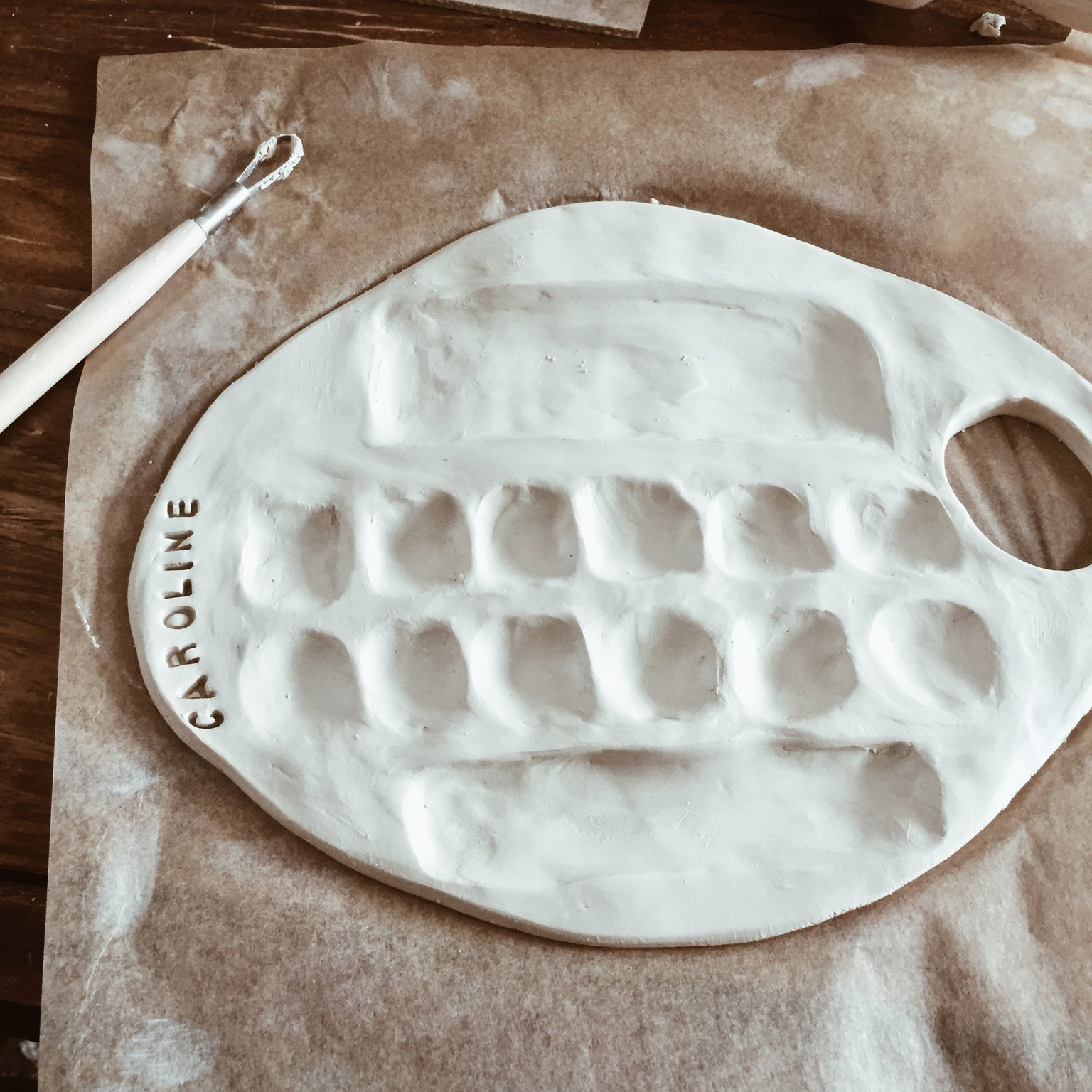 $120.00 AUD
$120.00 AUD 
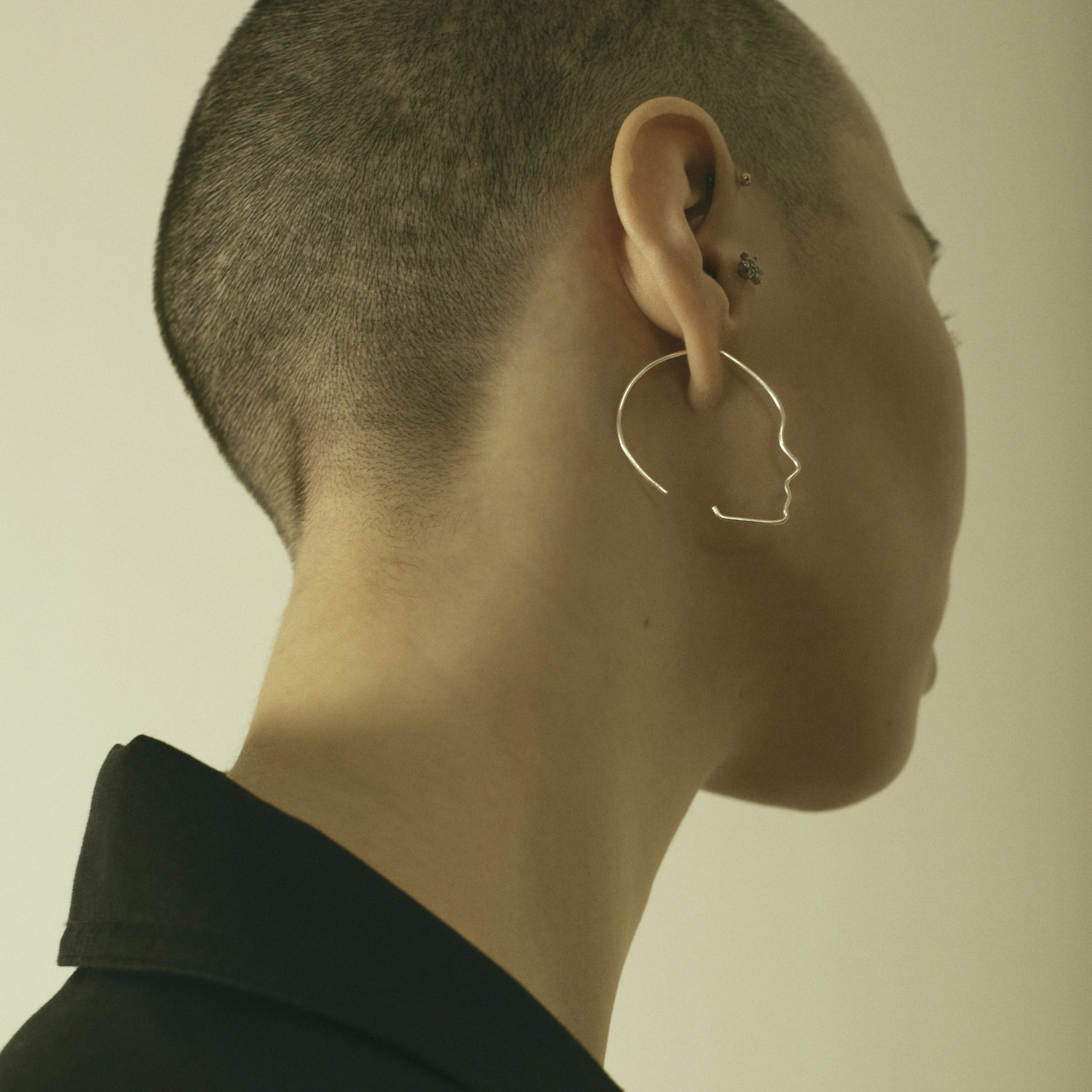 88.00 €
88.00 €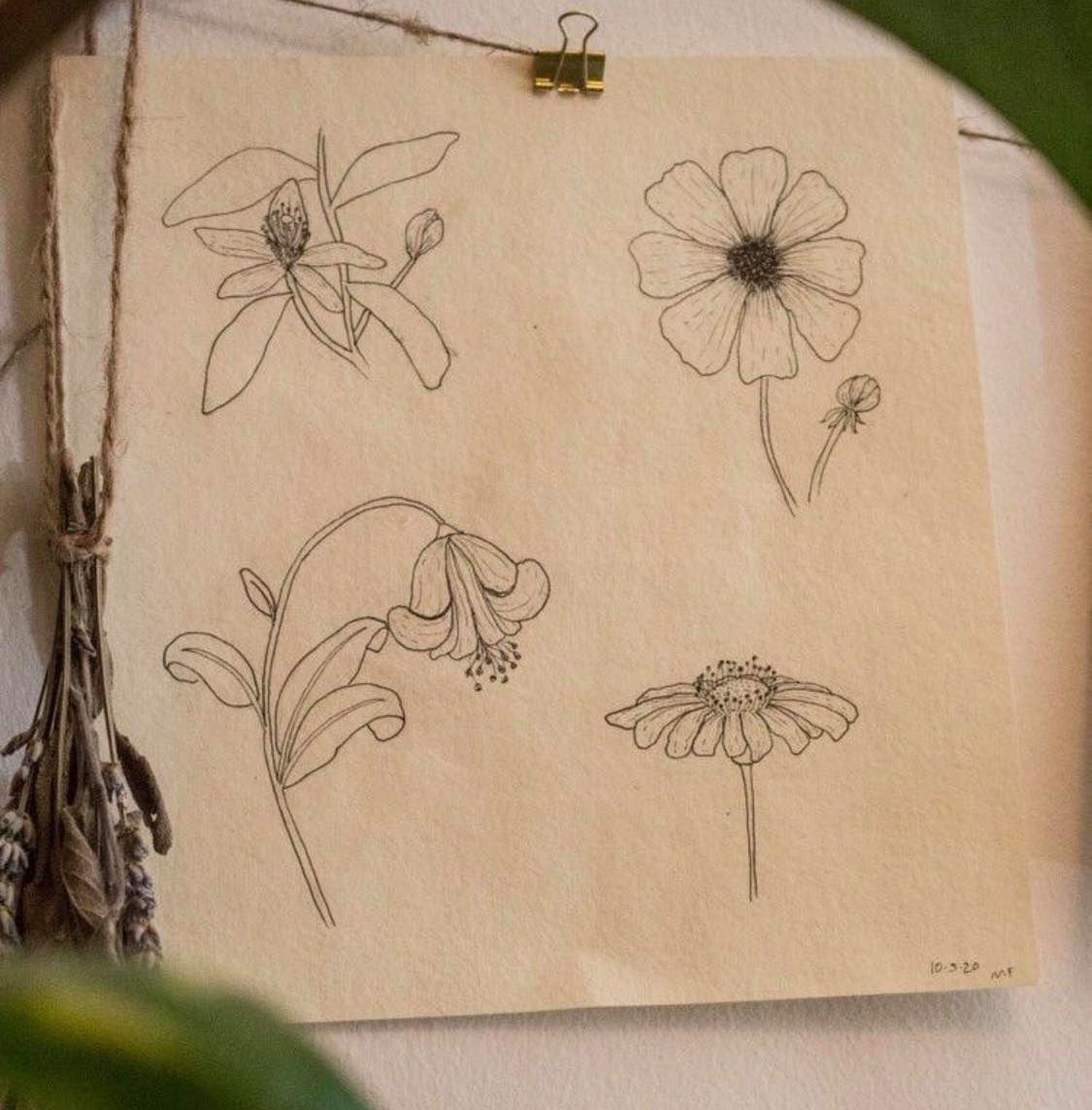
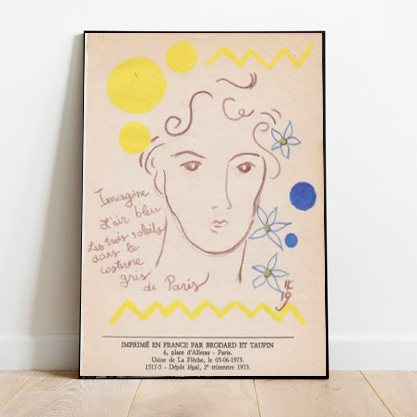
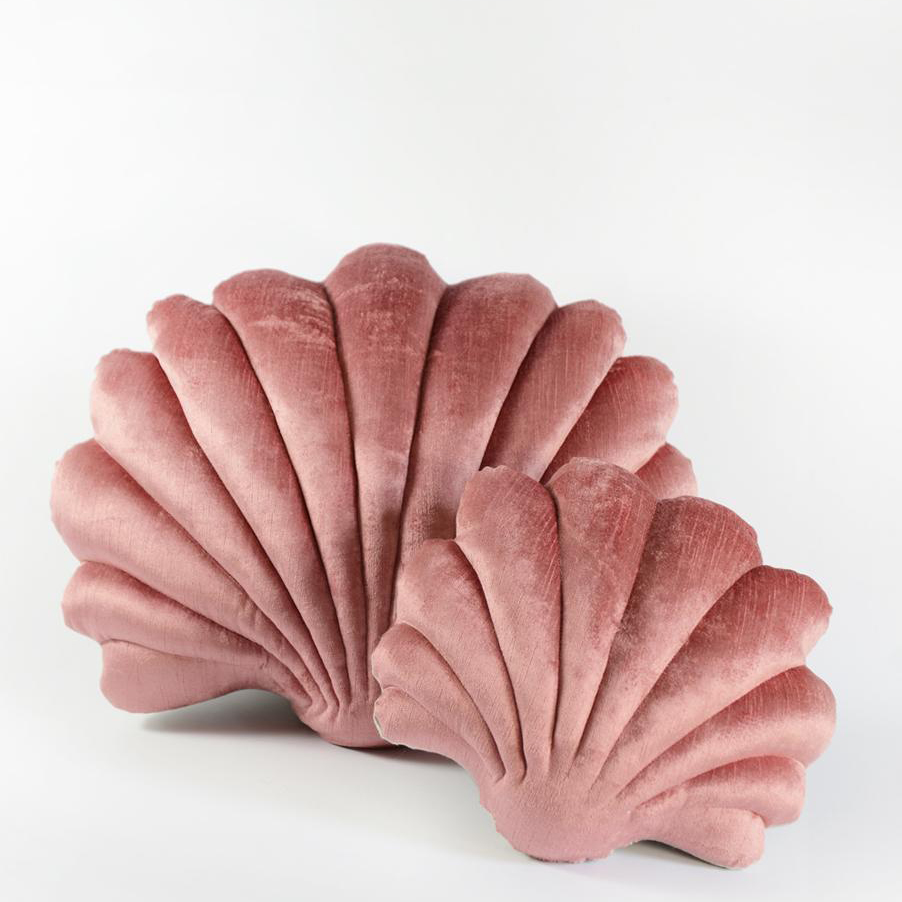
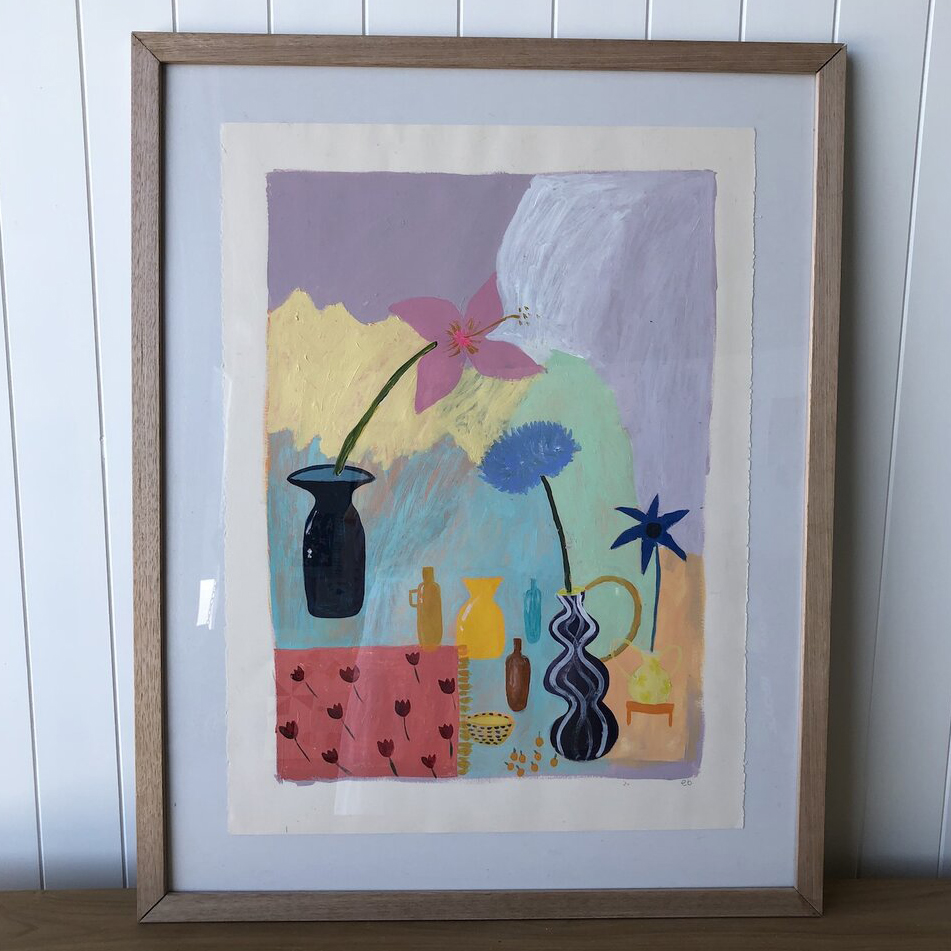
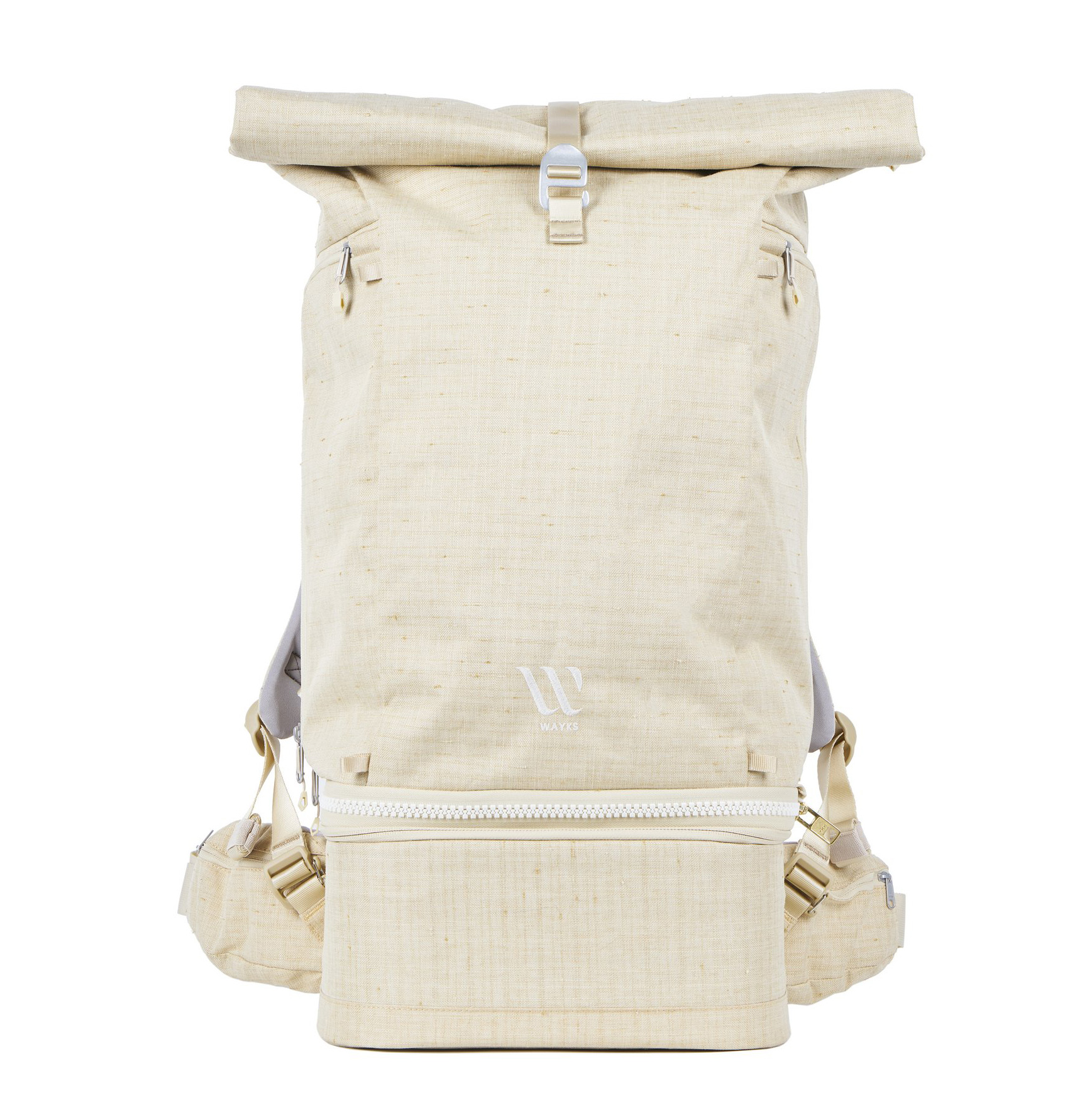 289.00
289.00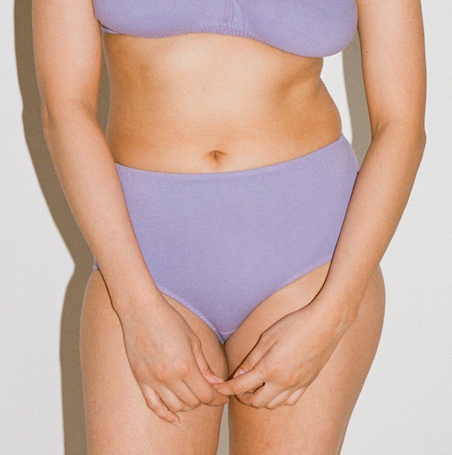 $ 39.00
$ 39.00
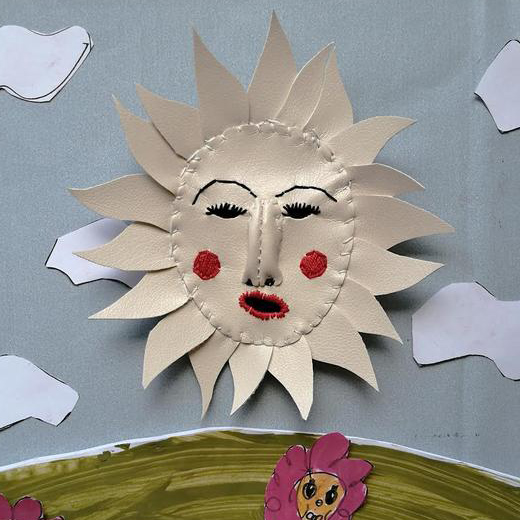
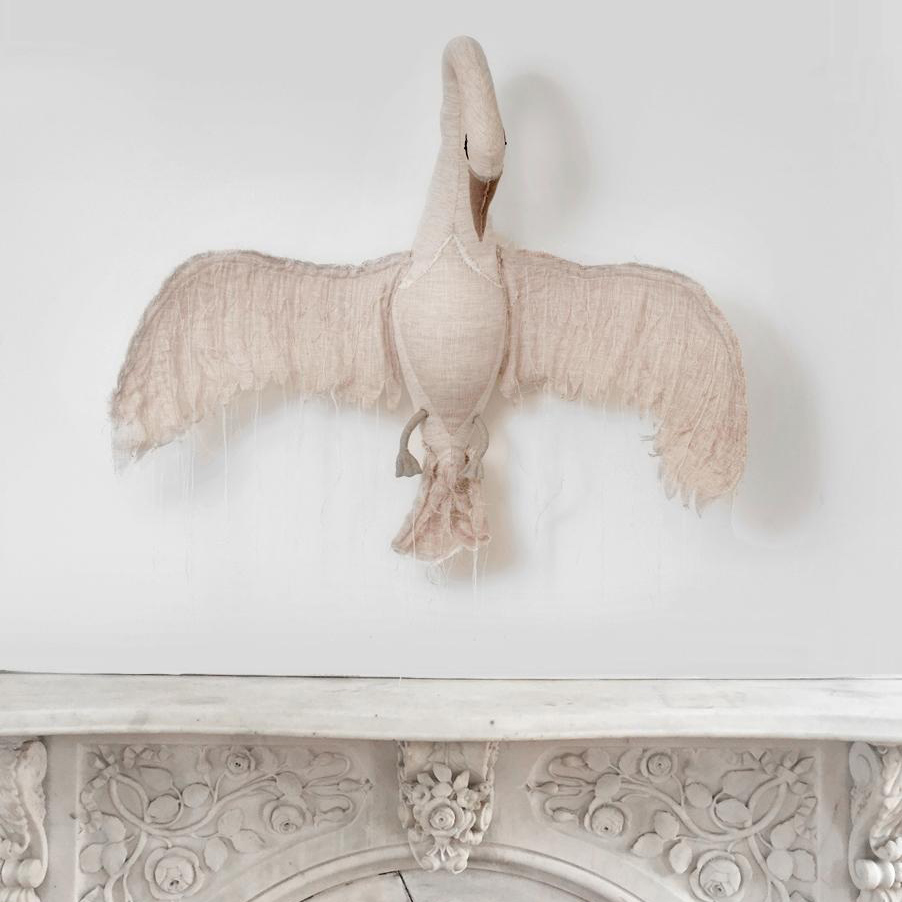
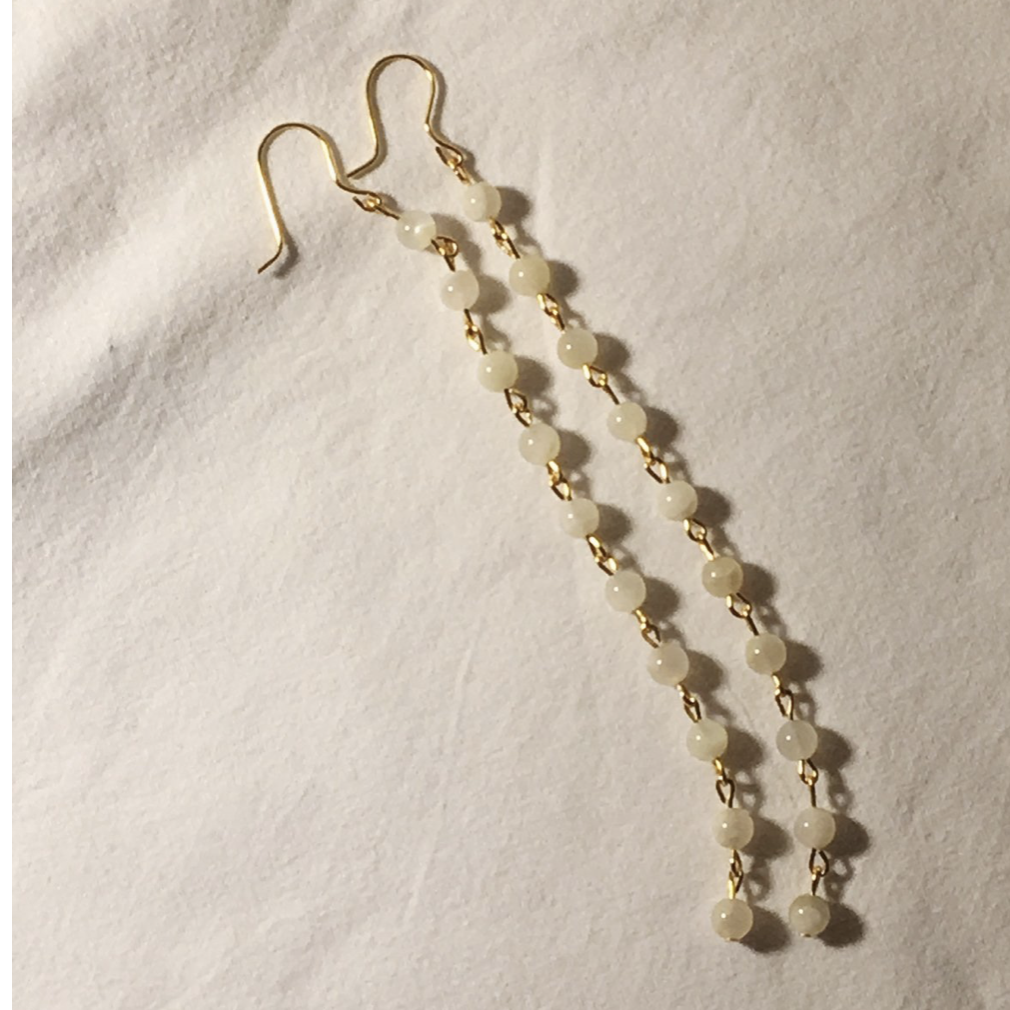
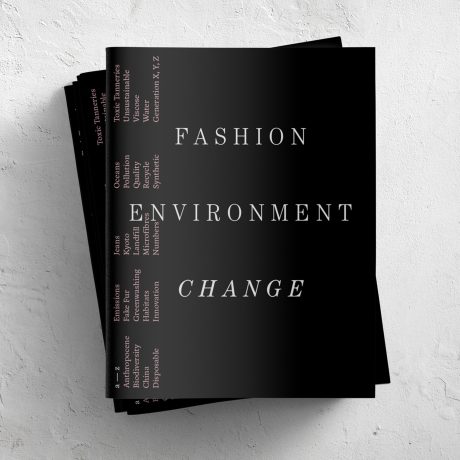
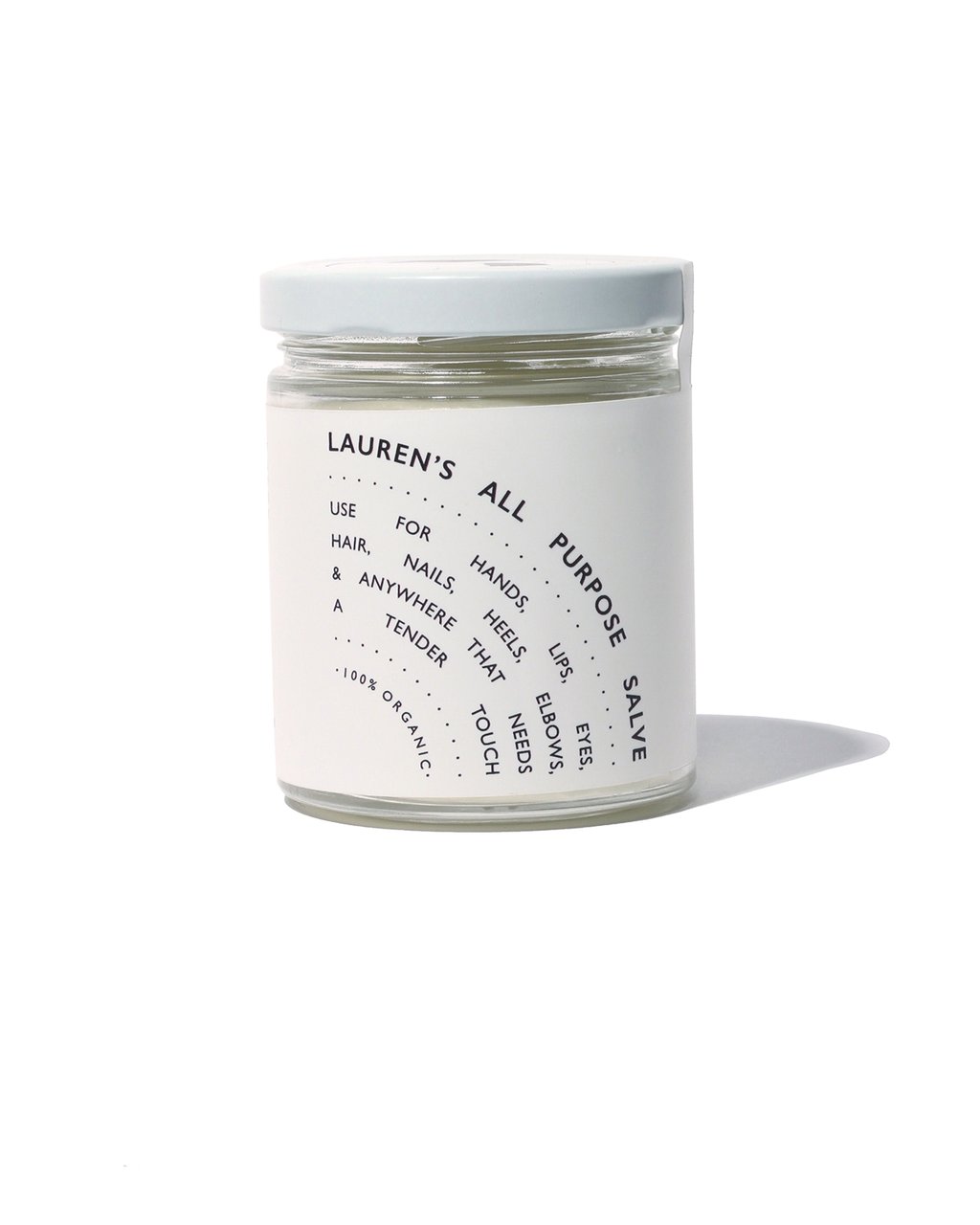
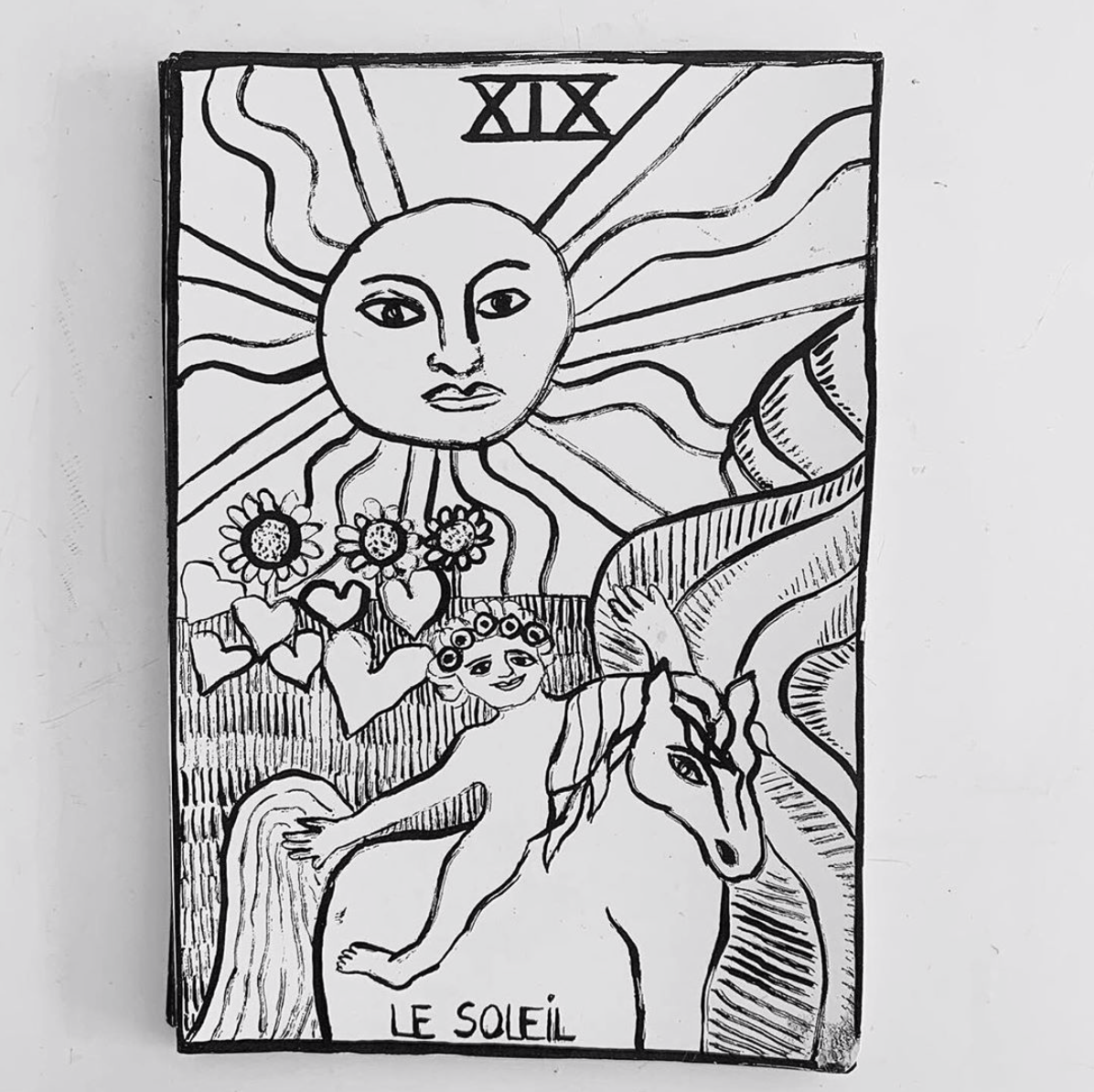
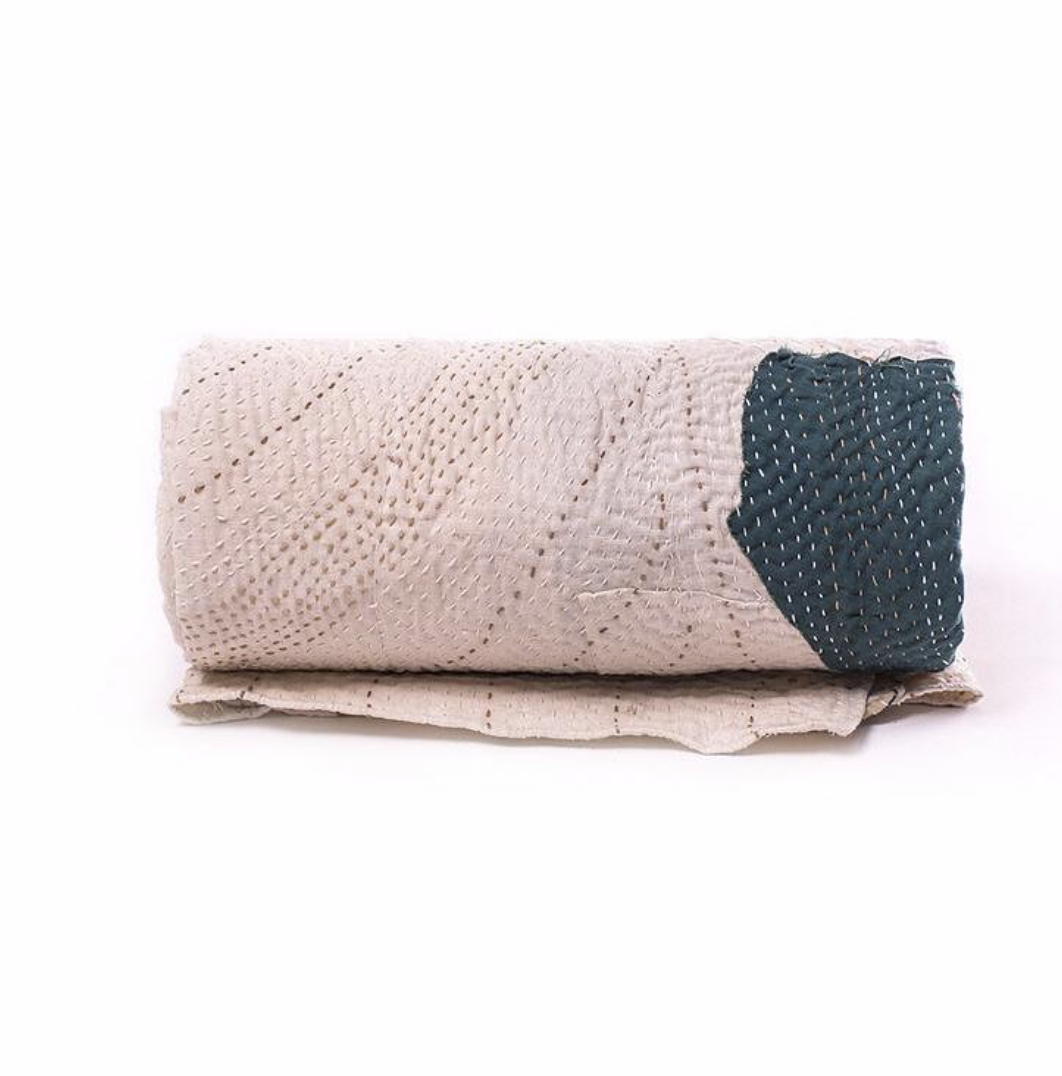
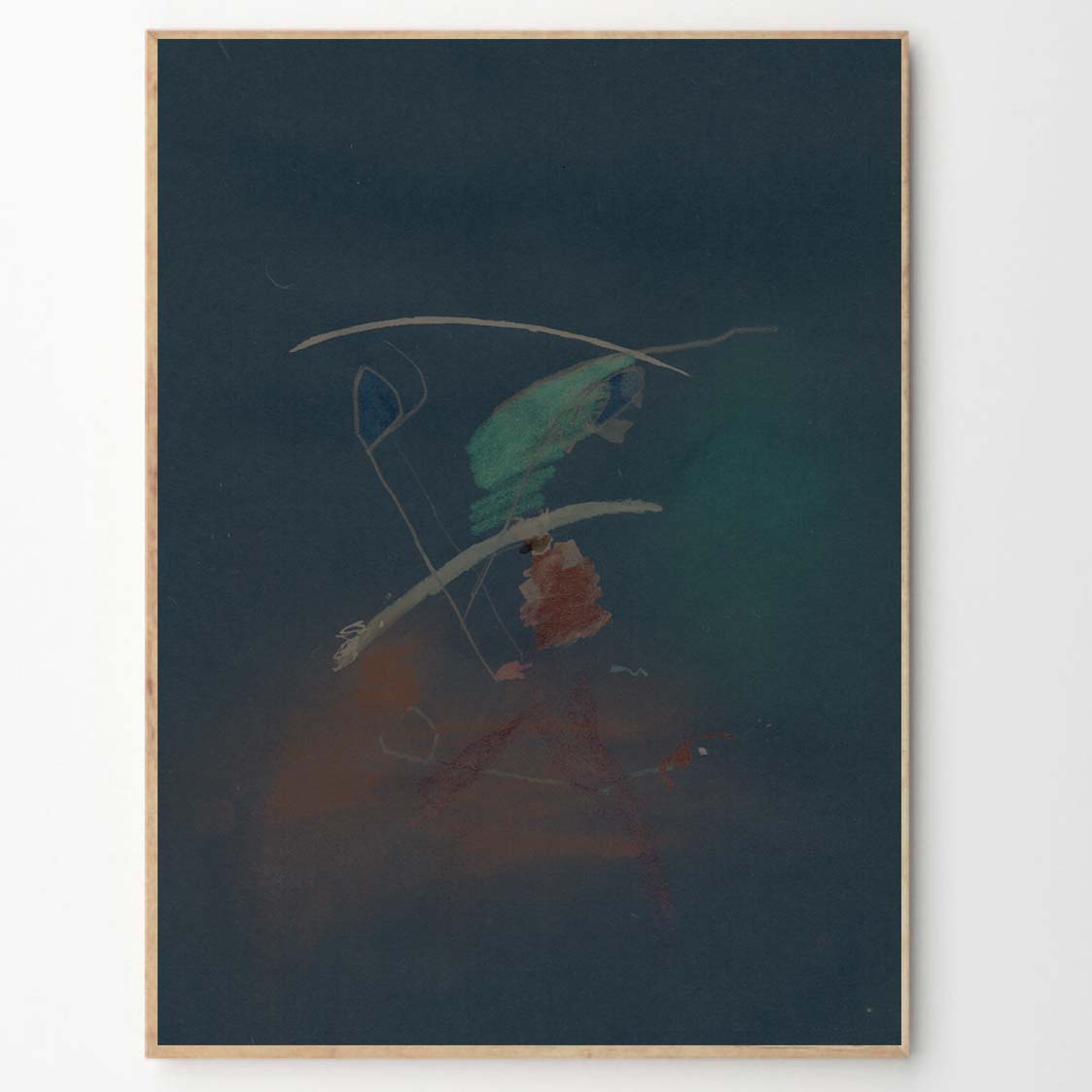 $240.00
$240.00 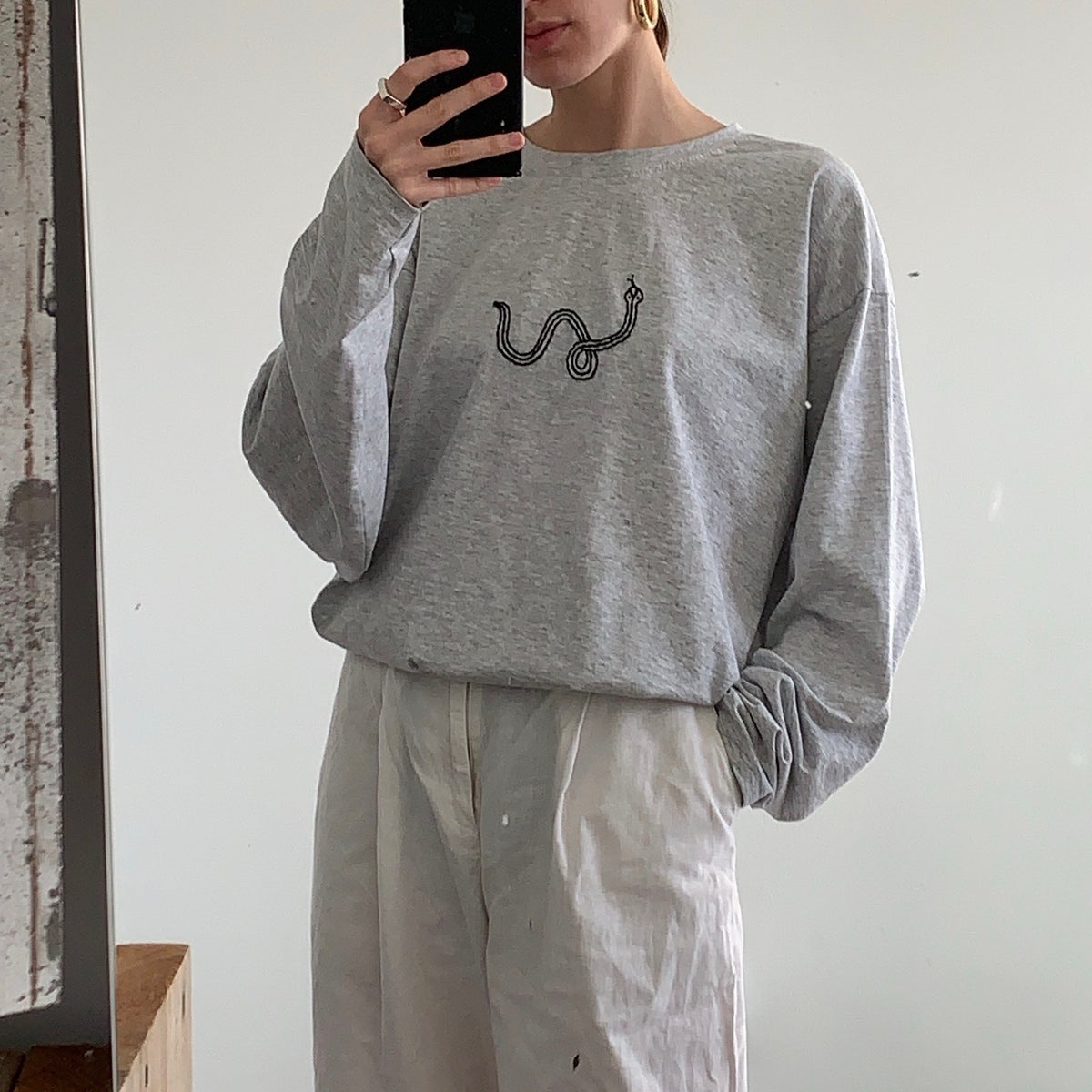
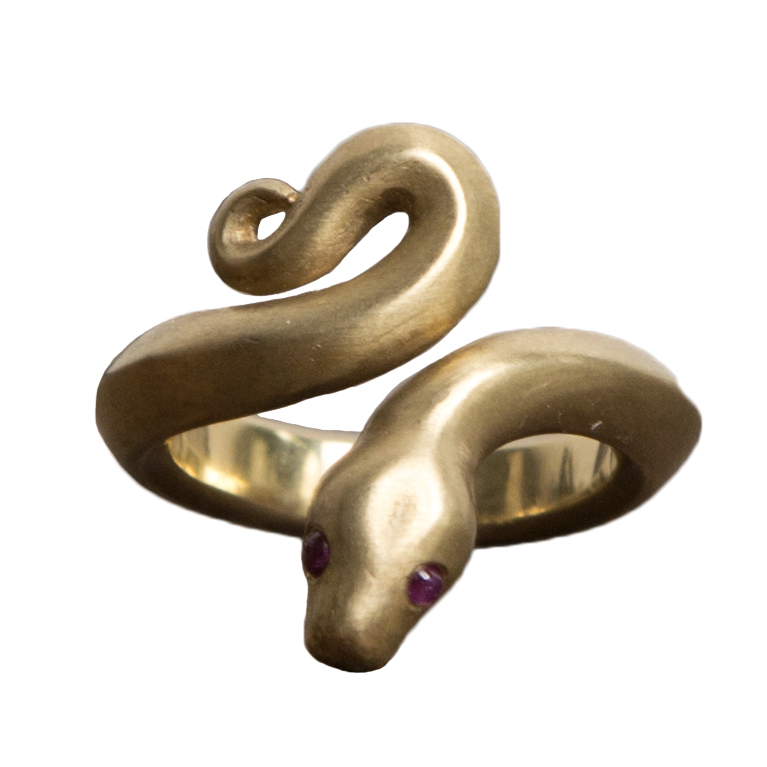

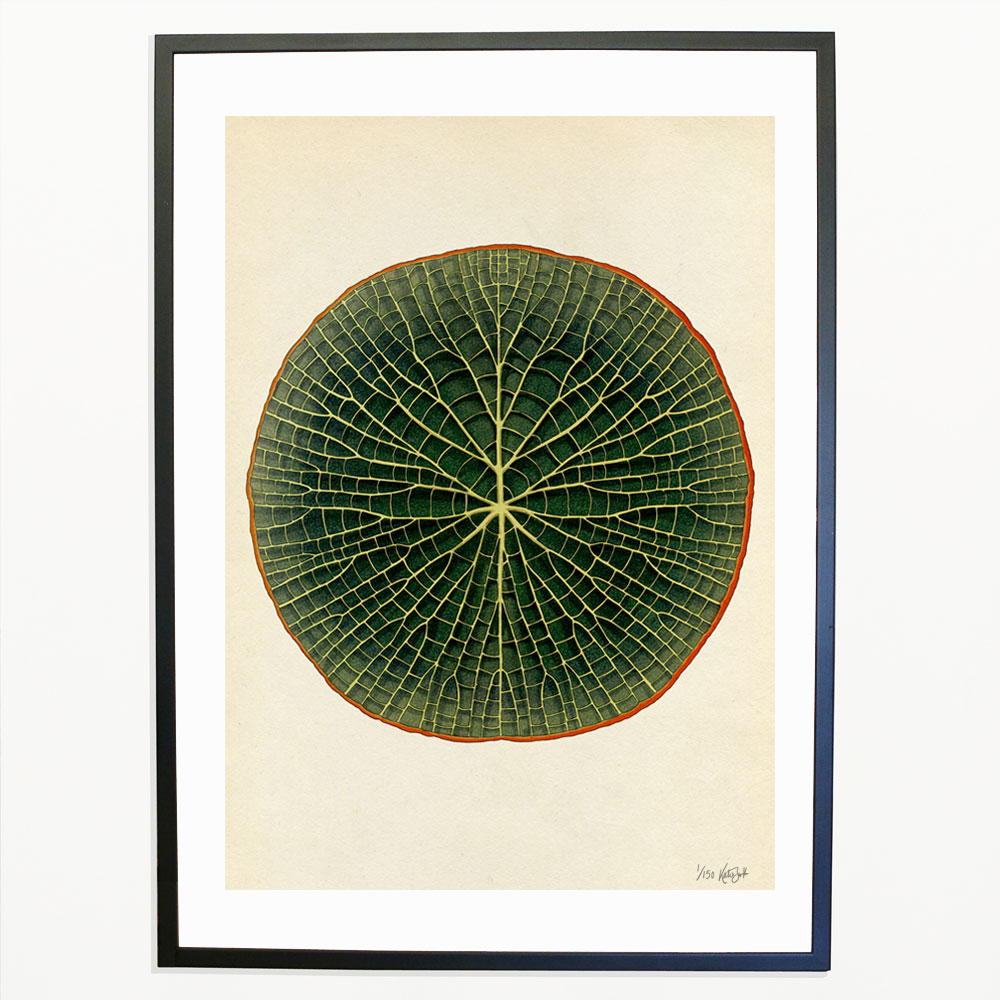

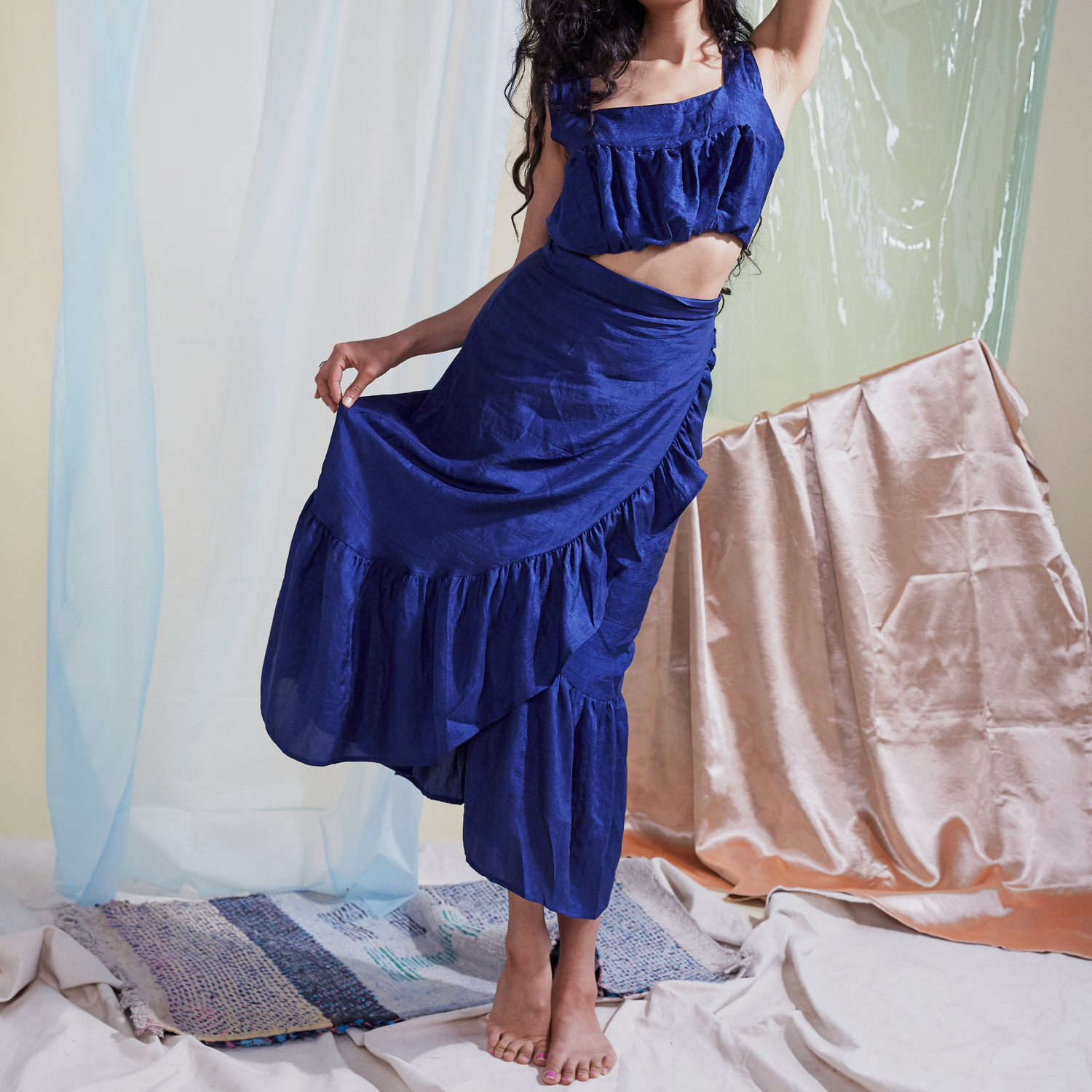
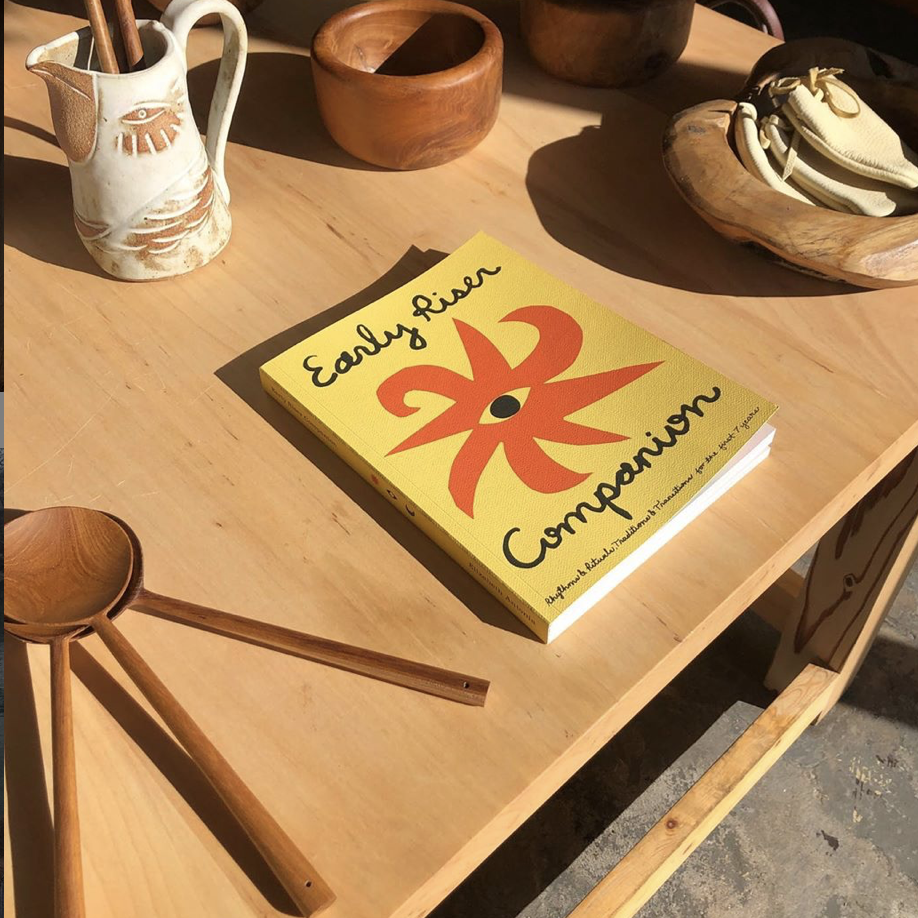
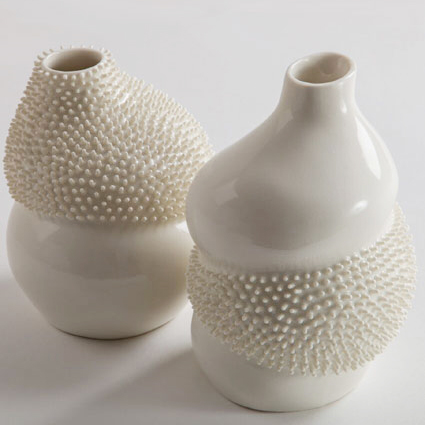
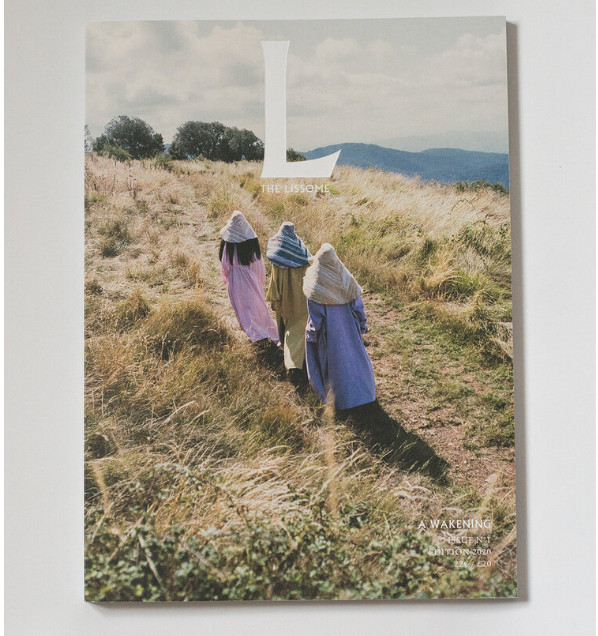
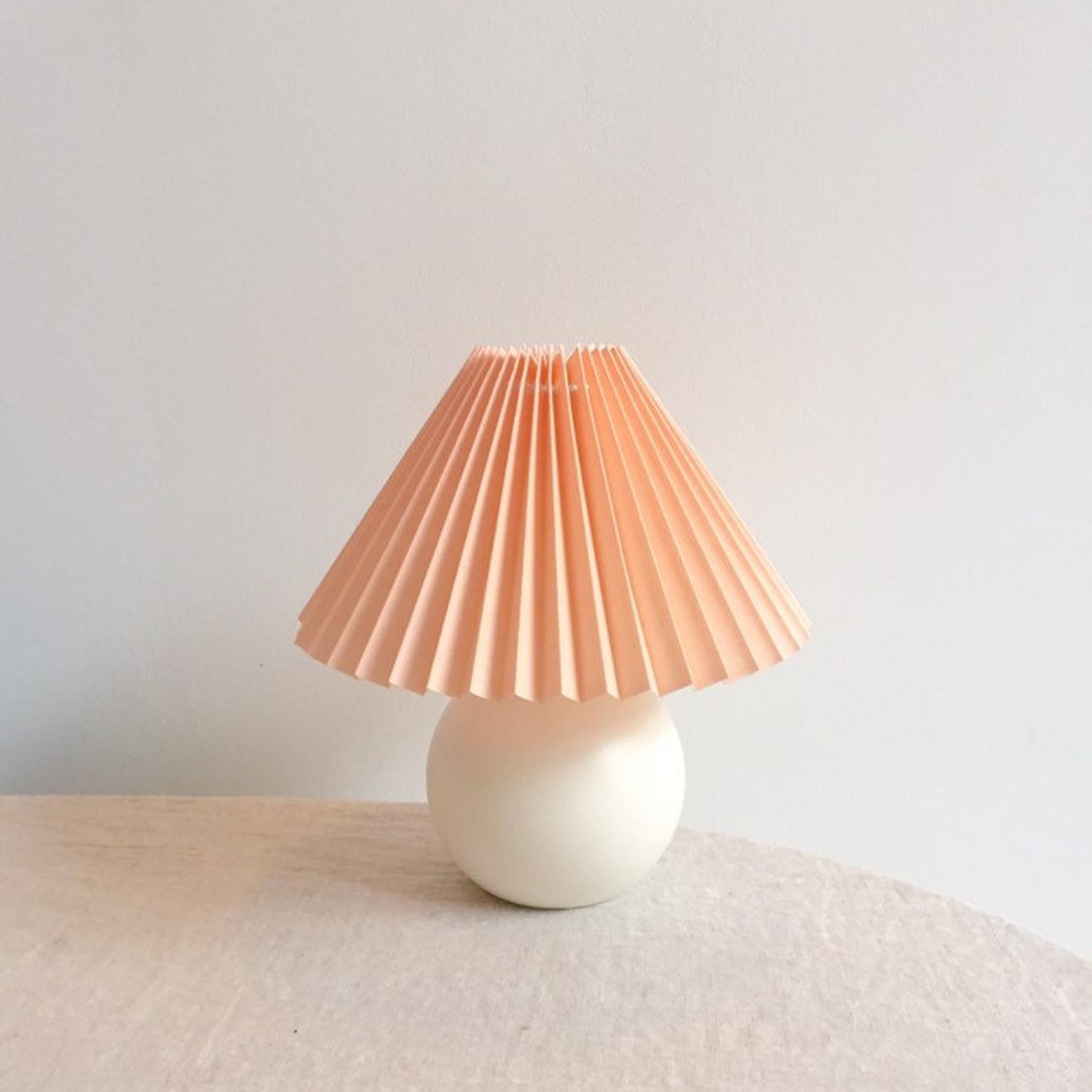 €70.00
€70.00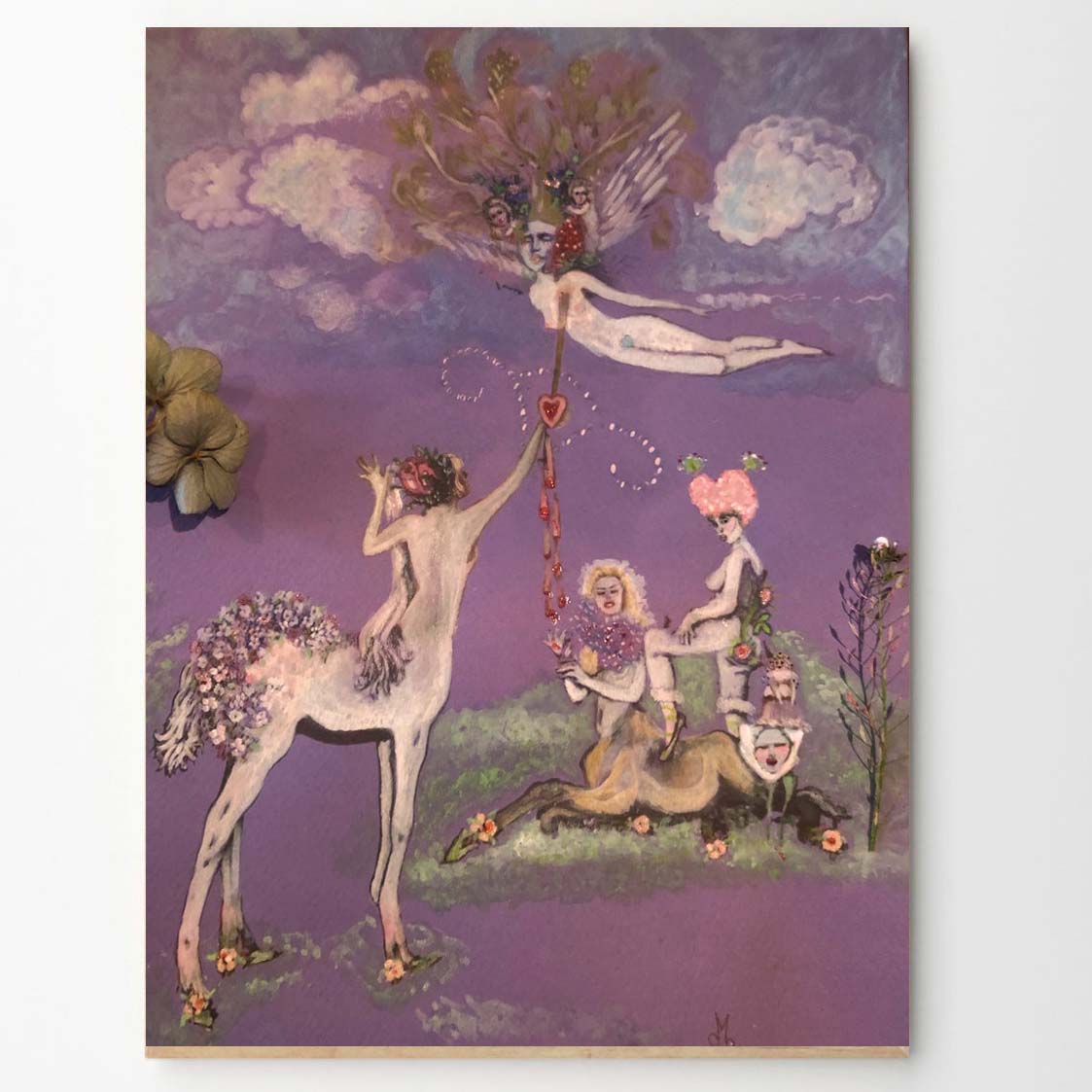 €250.00
€250.00